Level 2
Explore the collection room by room
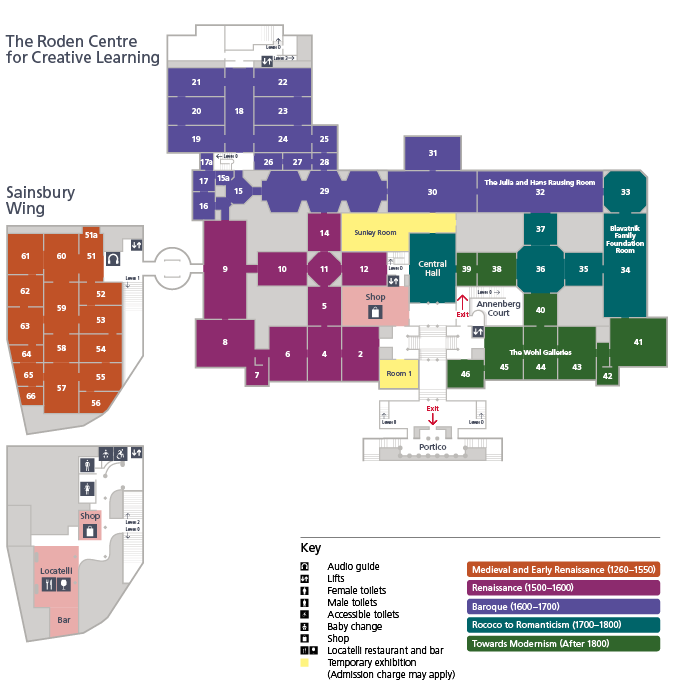
-
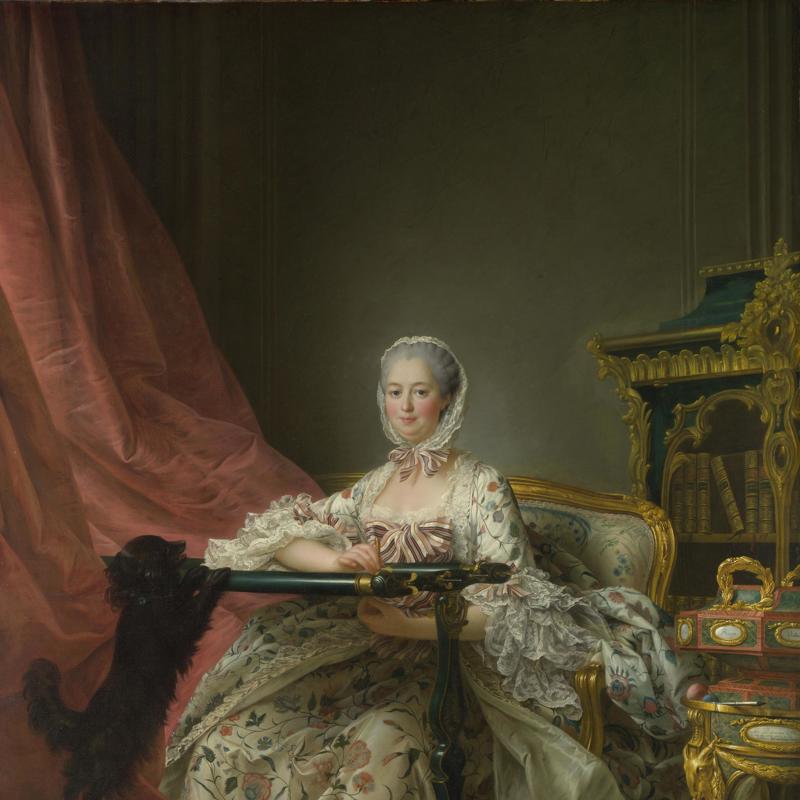 Central HallImage and Identity: Full-Length Portraits 1550–1900
Central HallImage and Identity: Full-Length Portraits 1550–1900 -
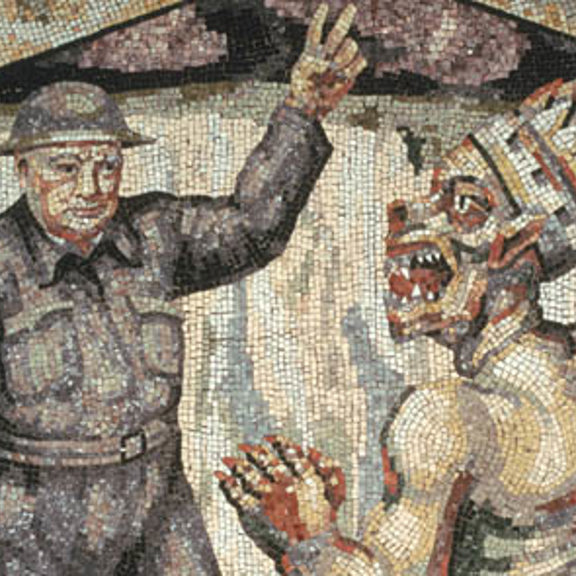 Main Vestibule
Main Vestibule -
 Room 1Edwin Austin Abbey: By the Dawn’s Early Light
Room 1Edwin Austin Abbey: By the Dawn’s Early Light -
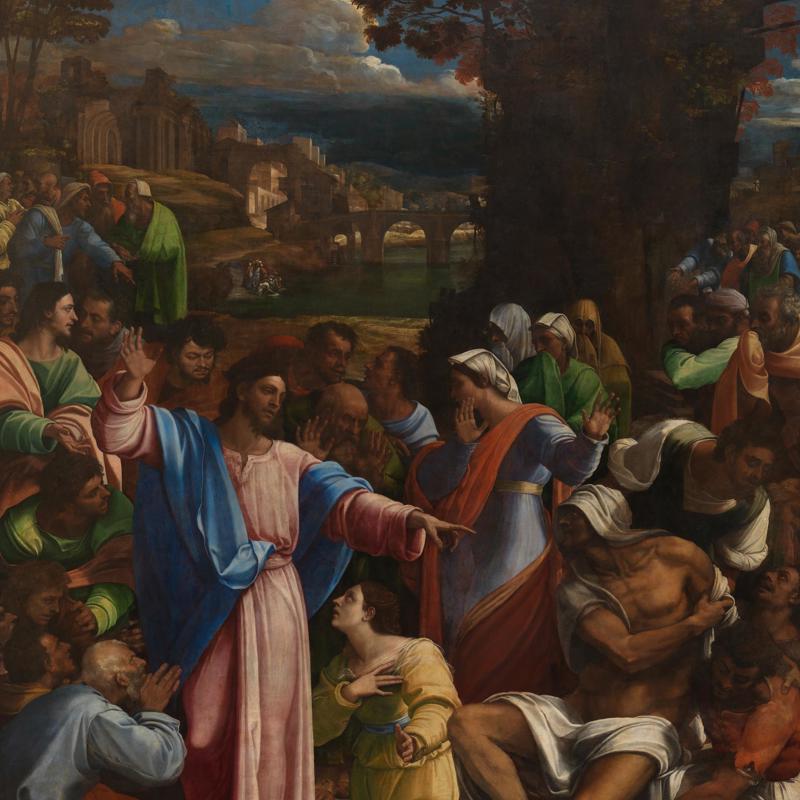 Room 2Power, Patronage and Politics: Painting in Florence and Rome 1500–1600
Room 2Power, Patronage and Politics: Painting in Florence and Rome 1500–1600 -
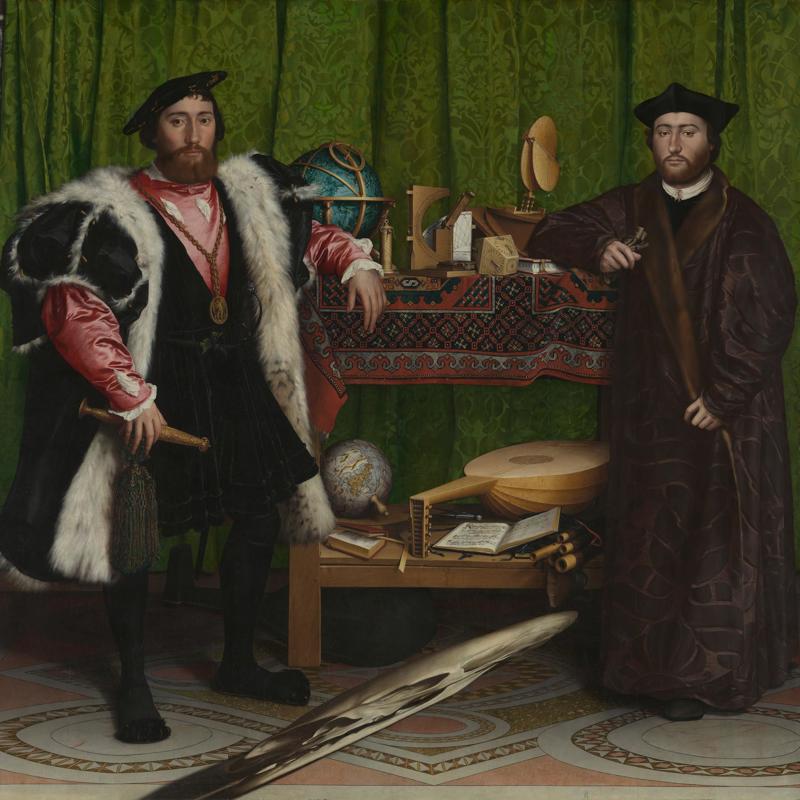 Room 4The Spectacle of Portraiture: European Painting 1500–1600
Room 4The Spectacle of Portraiture: European Painting 1500–1600 -
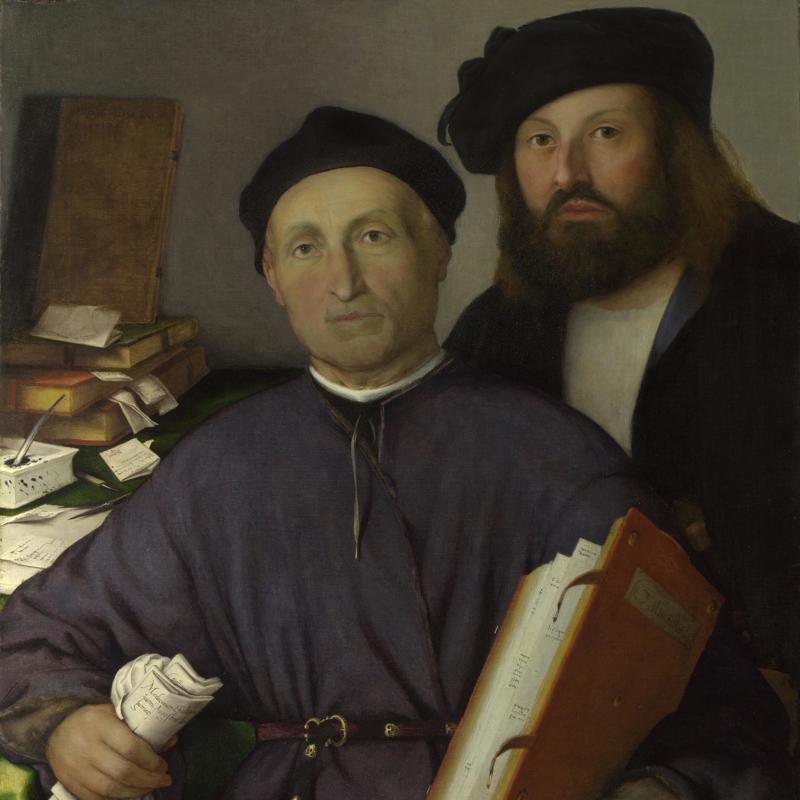 Room 5City and Court: Northern Italian Painting 1500–1600
Room 5City and Court: Northern Italian Painting 1500–1600 -
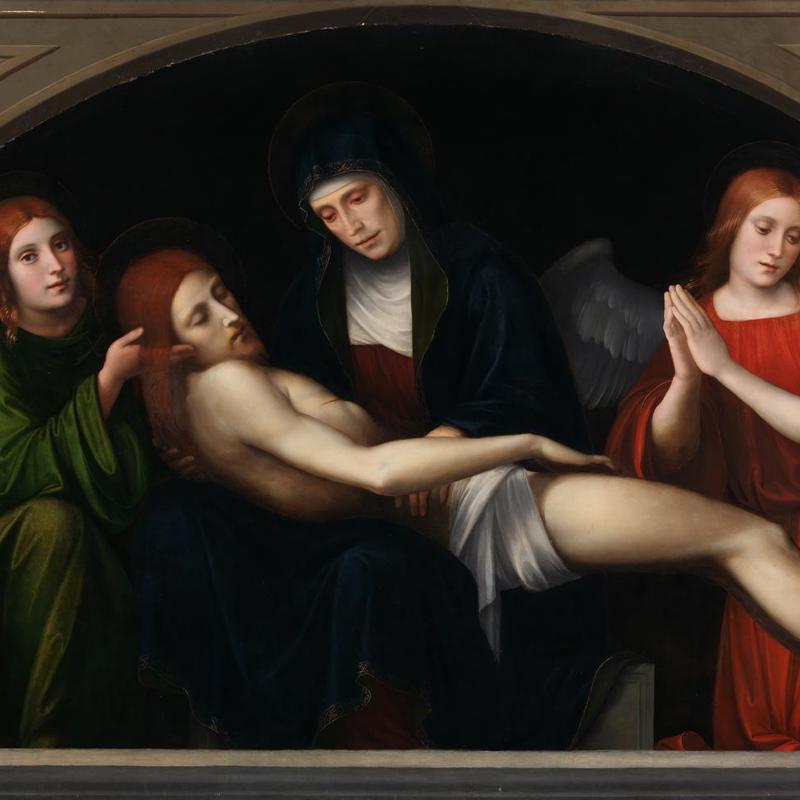 Room 6Design, Colour and Invention: Central Italian Painting 1500–1575
Room 6Design, Colour and Invention: Central Italian Painting 1500–1575 -
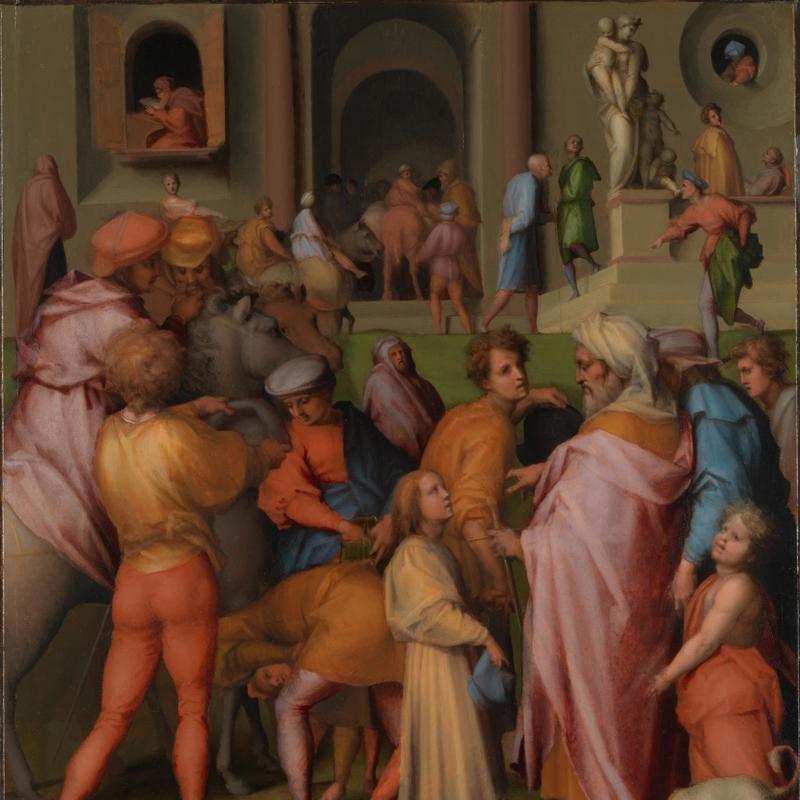 Room 7Paintings for the Home: Italian Painting 1510–1525
Room 7Paintings for the Home: Italian Painting 1510–1525 -
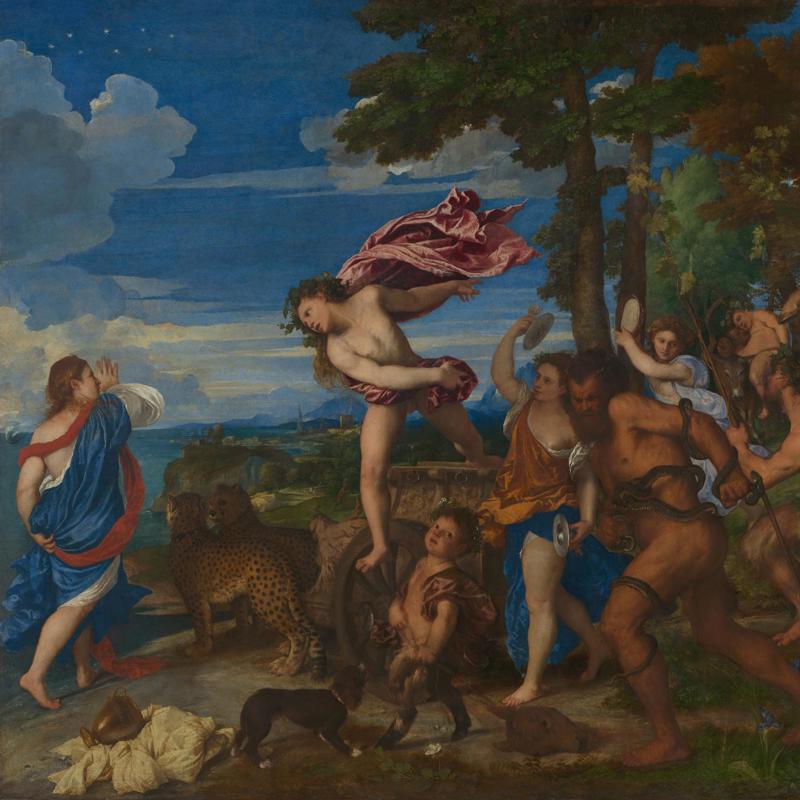 Room 8Titian (active about 1506–died 1576)
Room 8Titian (active about 1506–died 1576) -
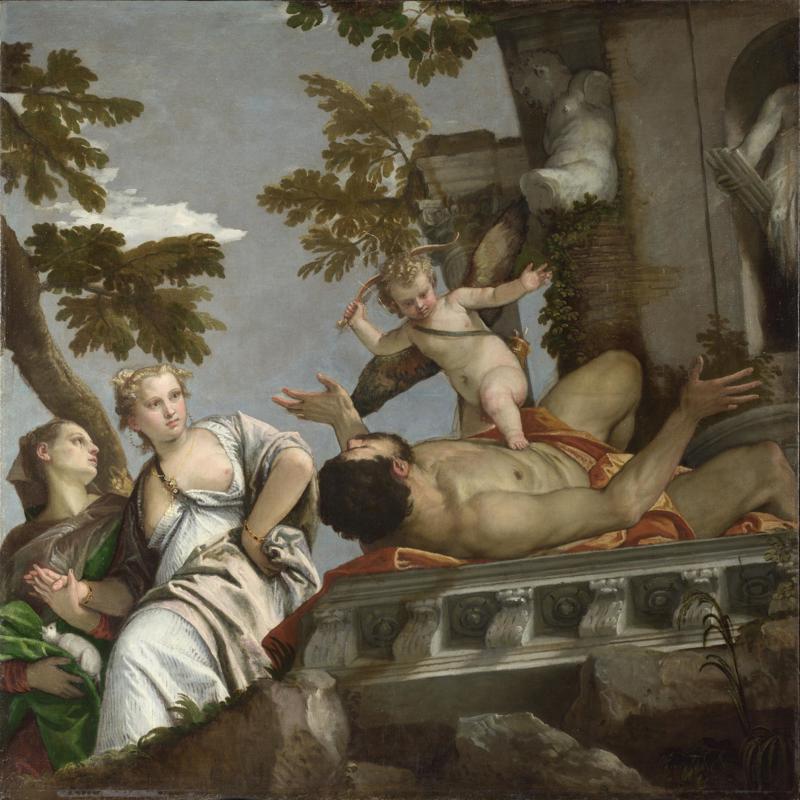 Room 9Radical Innovation and Rivalry: Painting in Venice 1500–1600
Room 9Radical Innovation and Rivalry: Painting in Venice 1500–1600 -
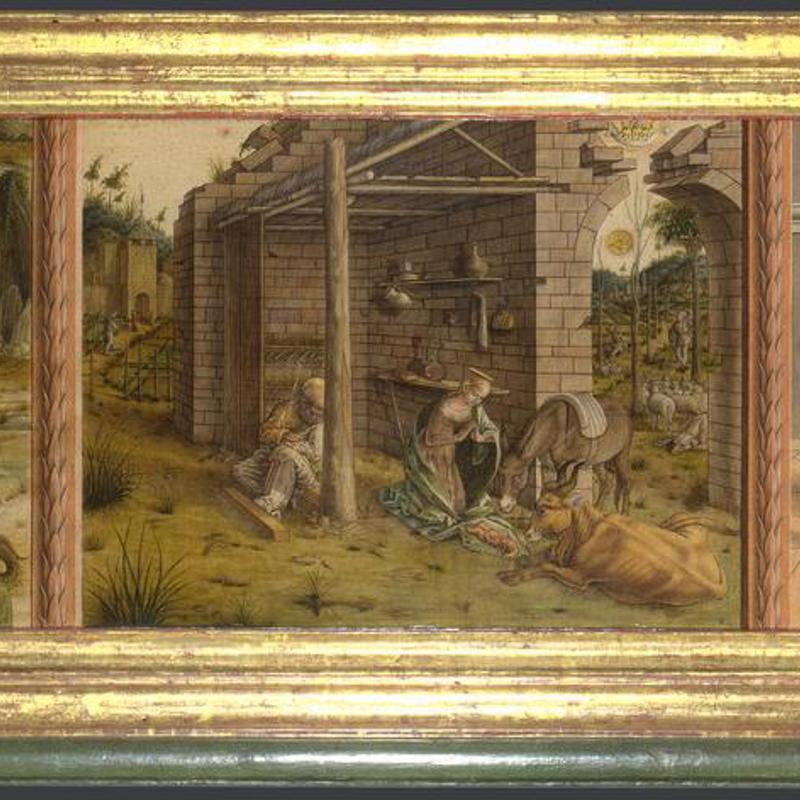 Room 10Devotion by Design: Italian Altarpieces around 1500
Room 10Devotion by Design: Italian Altarpieces around 1500 -
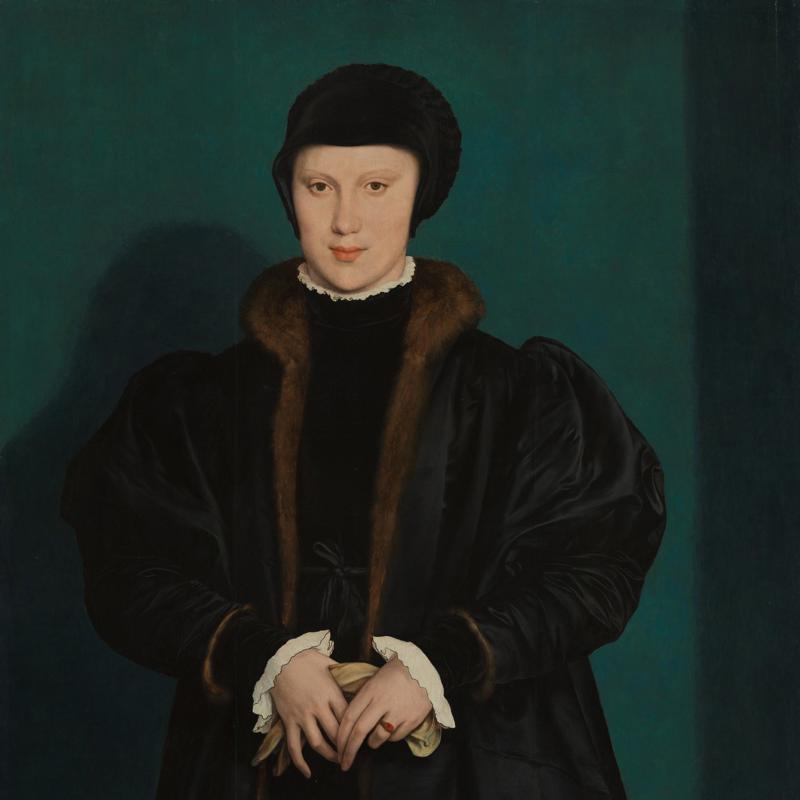 Room 11Portraits of Women
Room 11Portraits of Women -
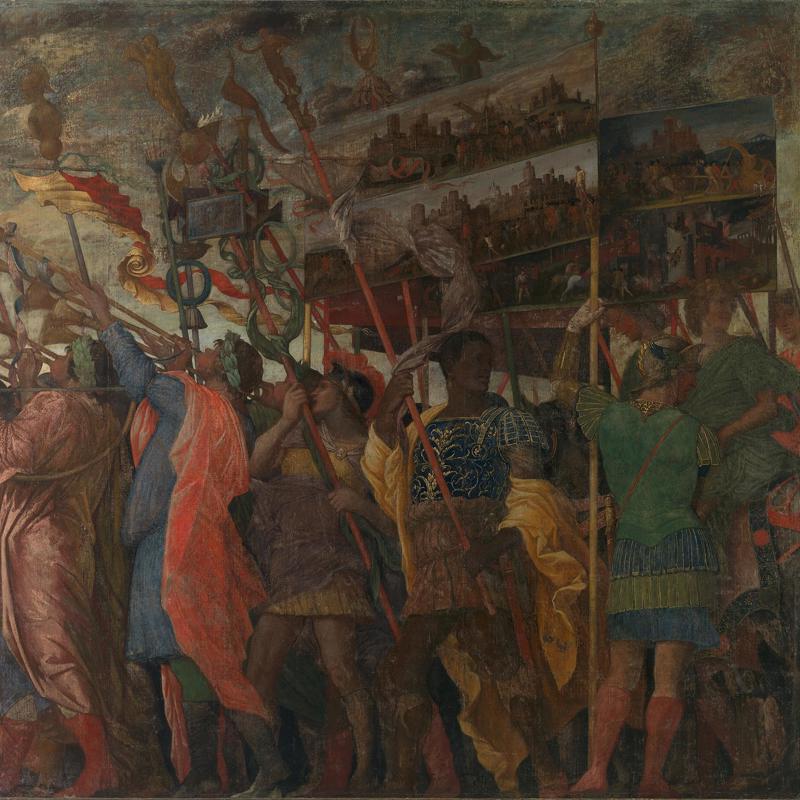 Room 12The Triumphs of Caesar
Room 12The Triumphs of Caesar -
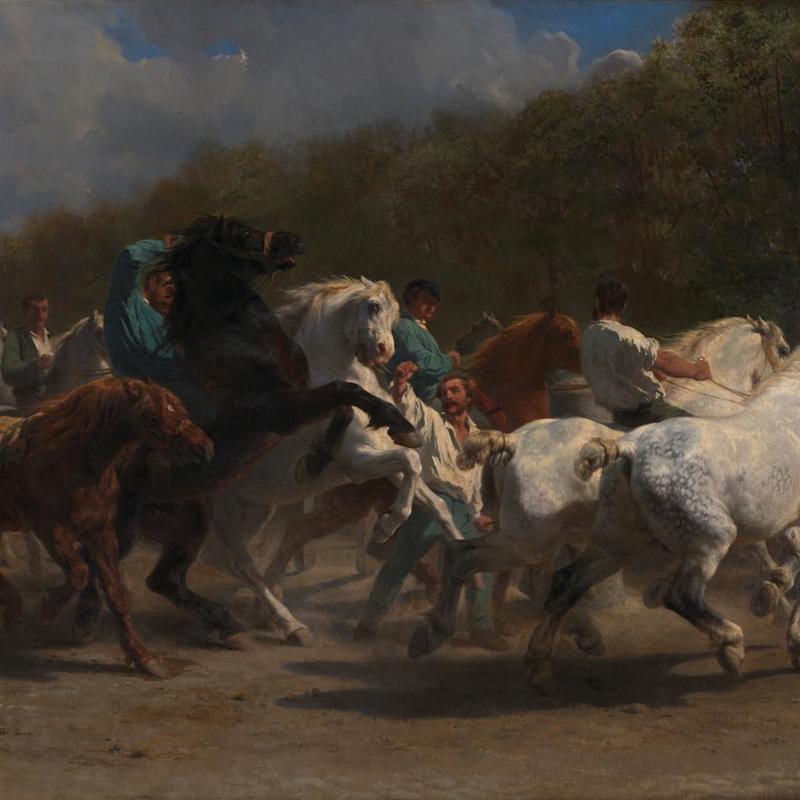 Room 13
Room 13 -
 Room 13 Stairs
Room 13 Stairs -
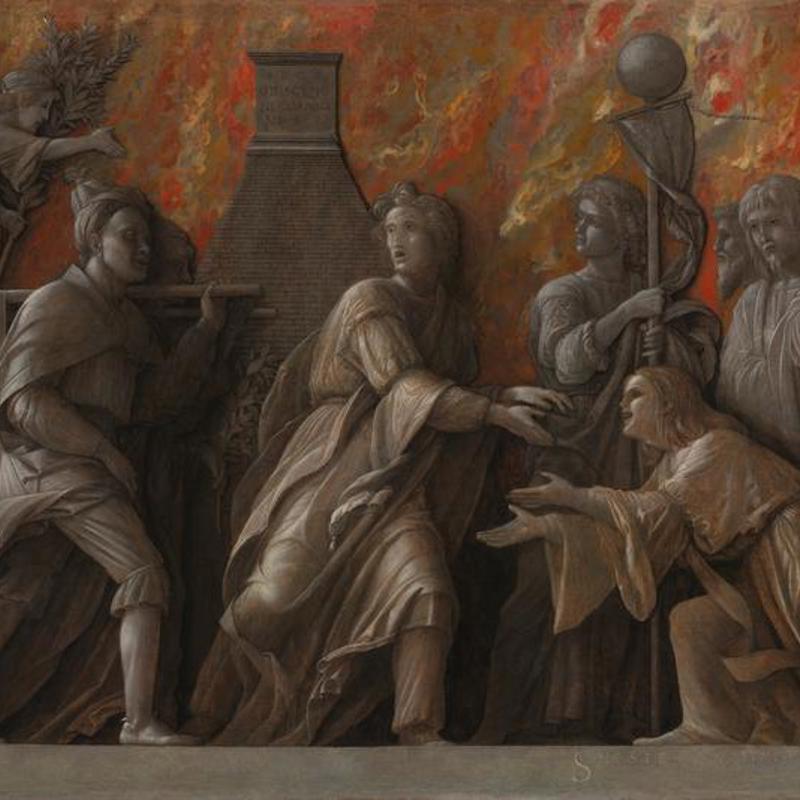 Room 14Intellectual Pursuits: Painting at the Northern Italian Courts 1450–1550
Room 14Intellectual Pursuits: Painting at the Northern Italian Courts 1450–1550 -
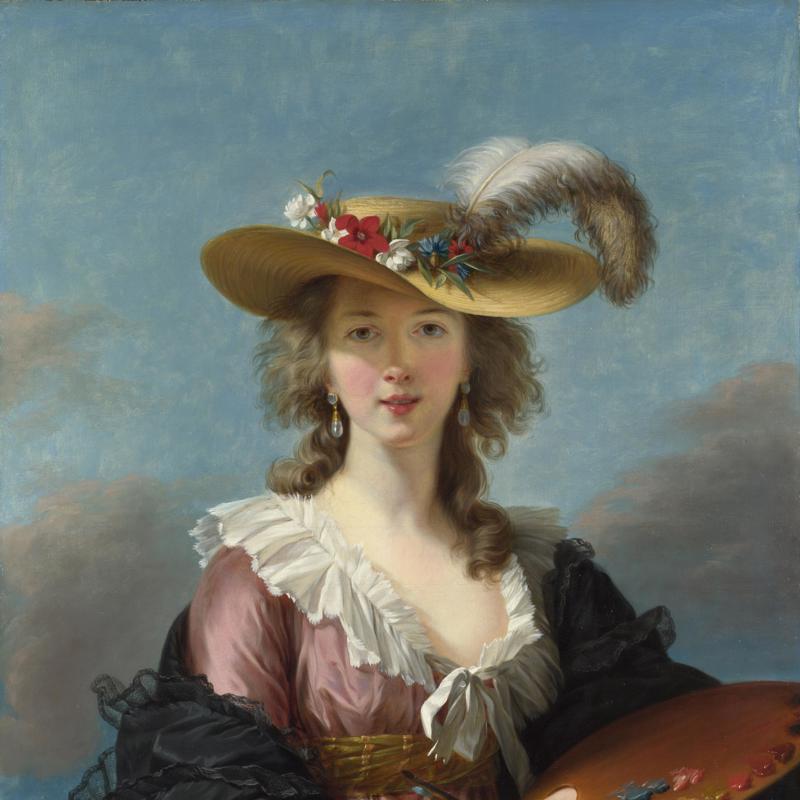 Room 15Artists Inspiring Artists
Room 15Artists Inspiring Artists -
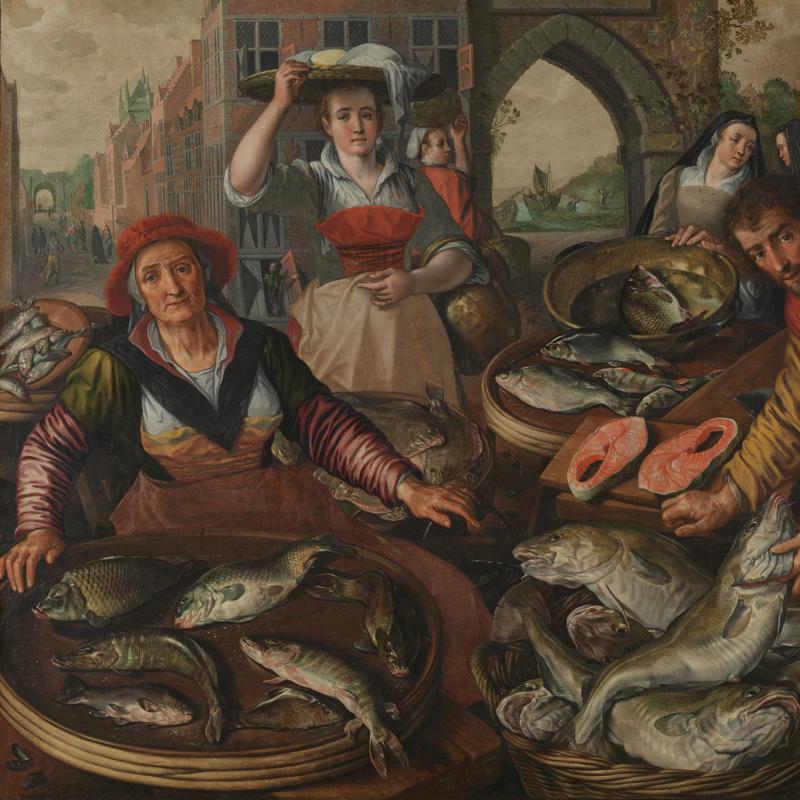 Room 15 Stairs
Room 15 Stairs -
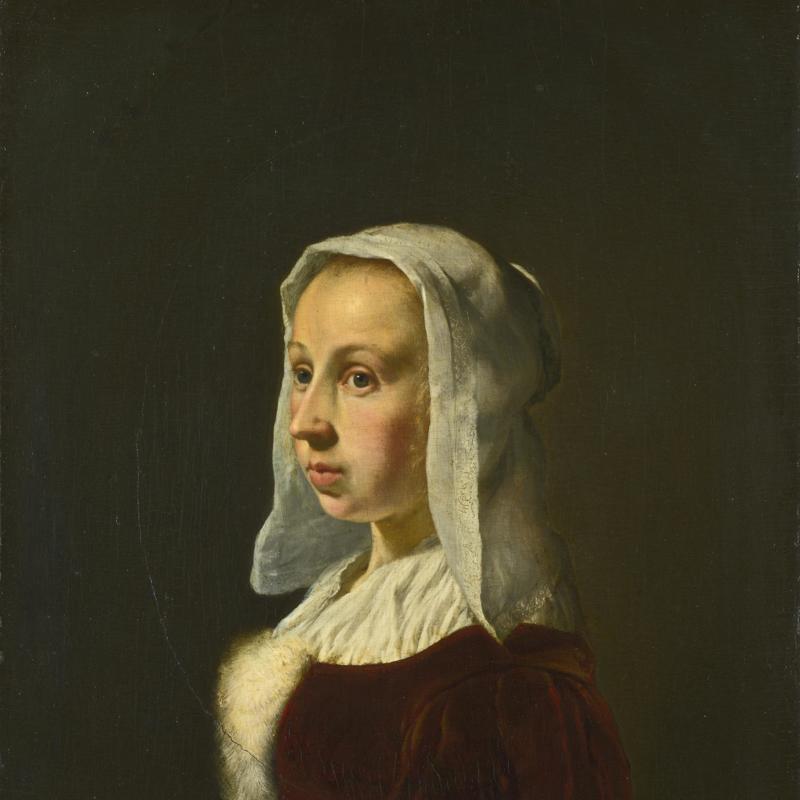 Room 15a'Fine Painters'
Room 15a'Fine Painters' -
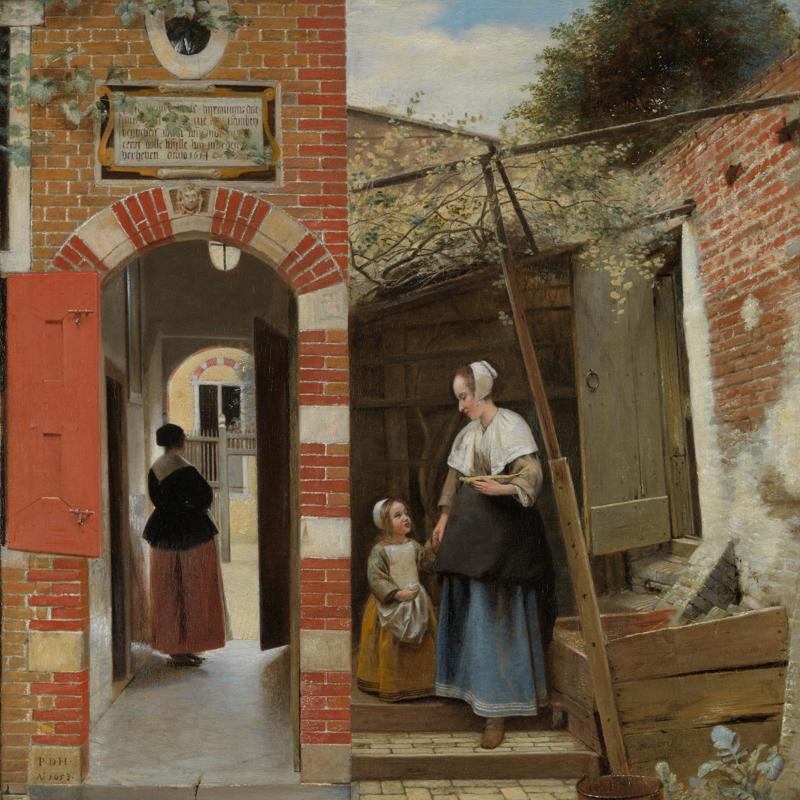 Room 16A New Art for a New Nation: Dutch Painting 1600–1700
Room 16A New Art for a New Nation: Dutch Painting 1600–1700 -
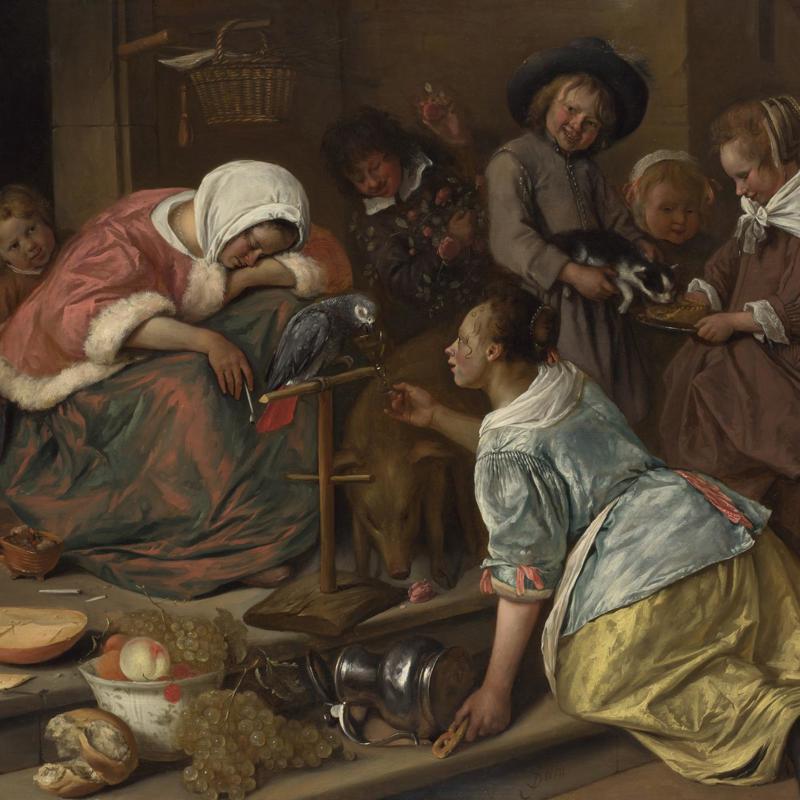 Room 17Modern Subjects: Dutch Painting 1600–1700
Room 17Modern Subjects: Dutch Painting 1600–1700 -
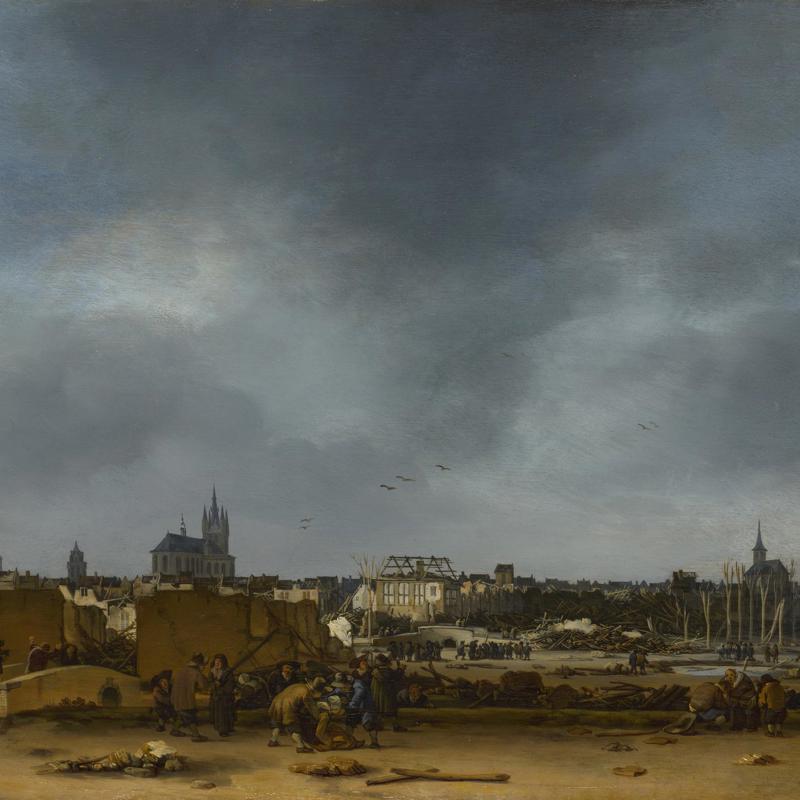 Room 17aDeceiving the Eye: Dutch Perspectives around 1650
Room 17aDeceiving the Eye: Dutch Perspectives around 1650 -
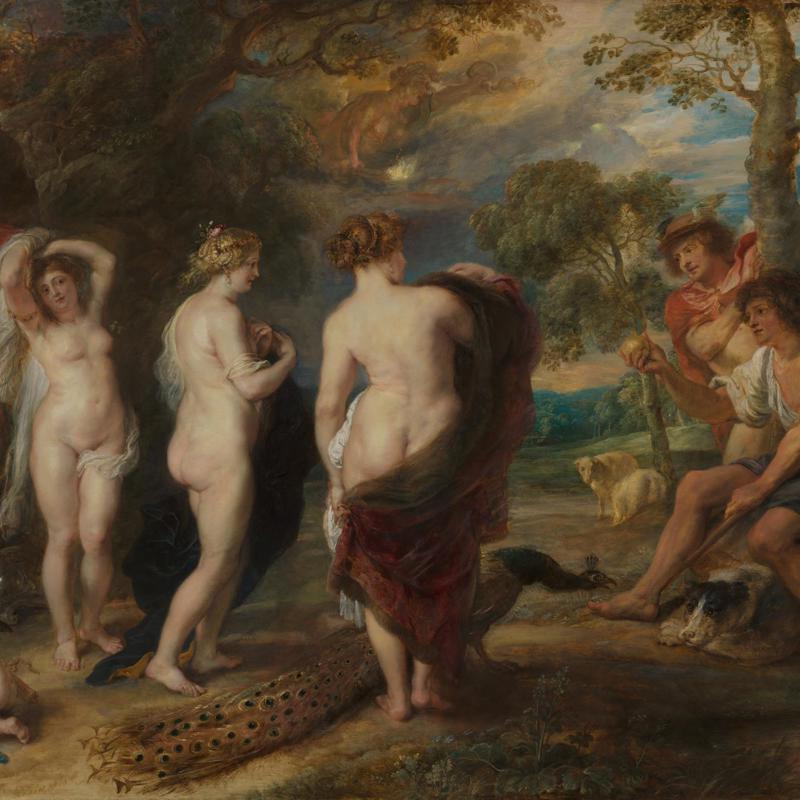 Room 18Peter Paul Rubens (1577–1640)
Room 18Peter Paul Rubens (1577–1640) -
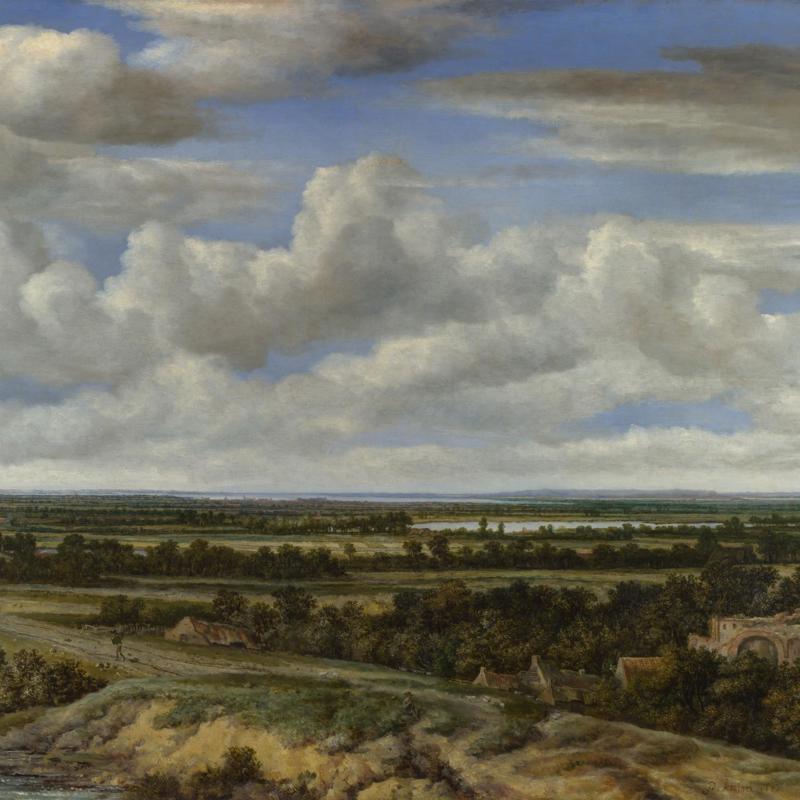 Room 19Land and Water: Dutch Painting 1600–1700
Room 19Land and Water: Dutch Painting 1600–1700 -
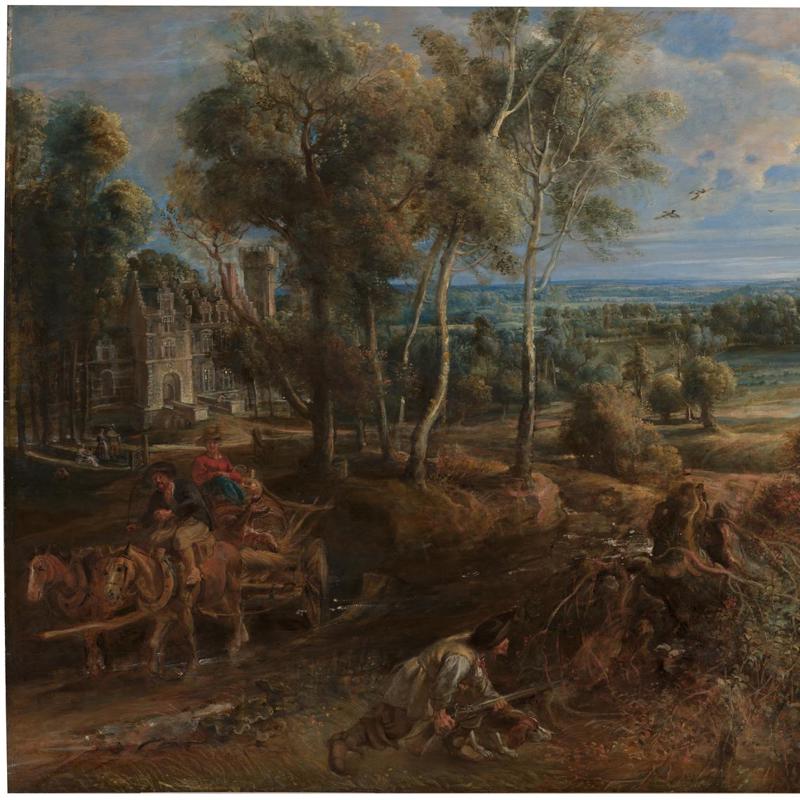 Room 20A Different View of Flanders: Flemish Painting 1600‒1650
Room 20A Different View of Flanders: Flemish Painting 1600‒1650 -
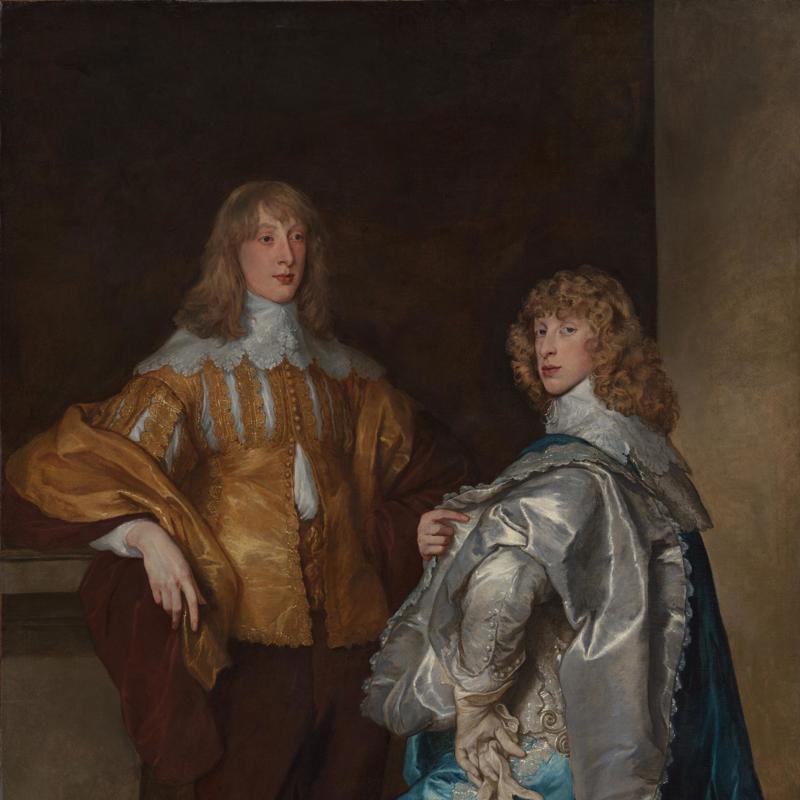 Room 21Anthony van Dyck (1599–1641)
Room 21Anthony van Dyck (1599–1641) -
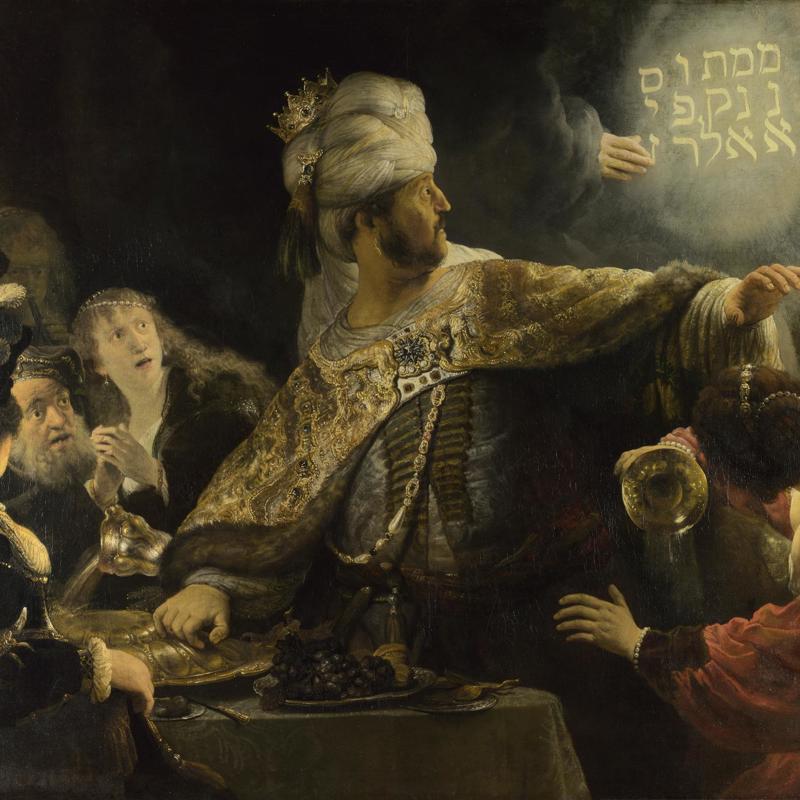 Room 22Rembrandt (1606–1669)
Room 22Rembrandt (1606–1669) -
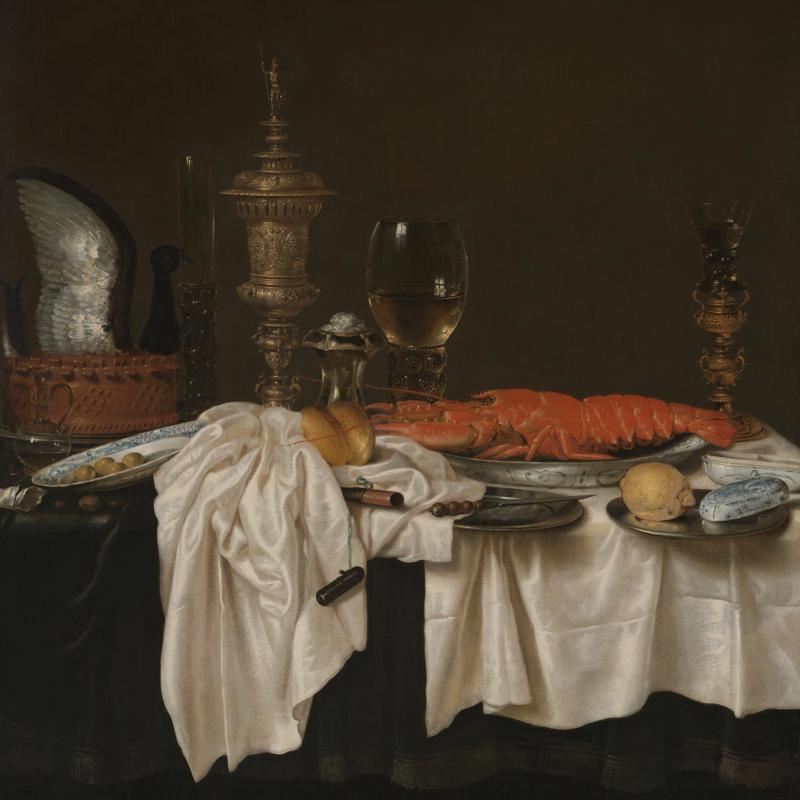 Room 23The Cradle of Dutch Painting: Haarlem 1600–1700
Room 23The Cradle of Dutch Painting: Haarlem 1600–1700 -
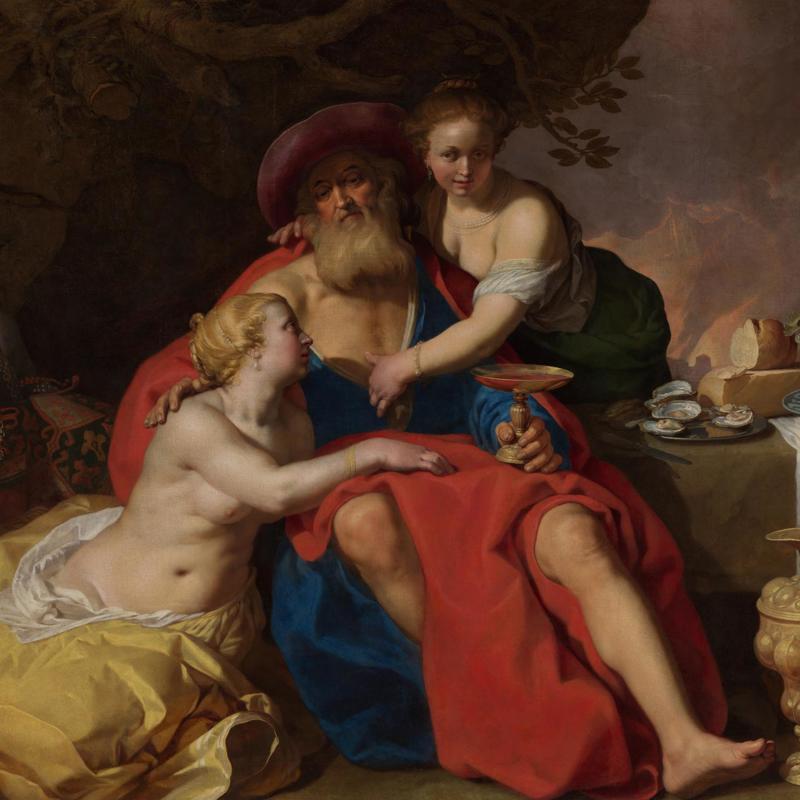 Room 24International Ambitions: Dutch and Flemish History Painting 1600–1700
Room 24International Ambitions: Dutch and Flemish History Painting 1600–1700 -
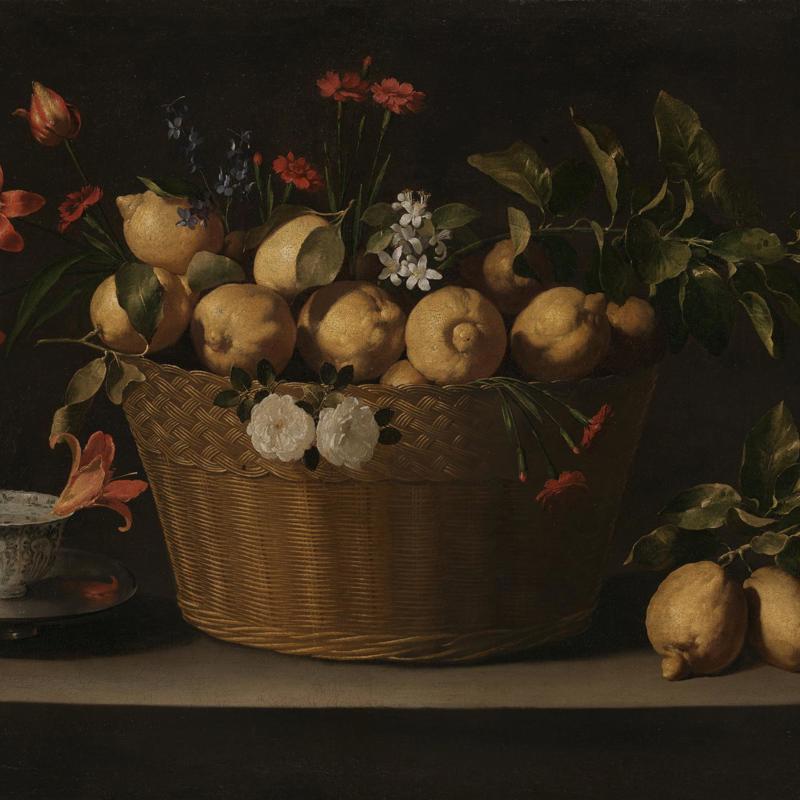 Room 25Still Life: European Painting 1600–1900
Room 25Still Life: European Painting 1600–1900 -
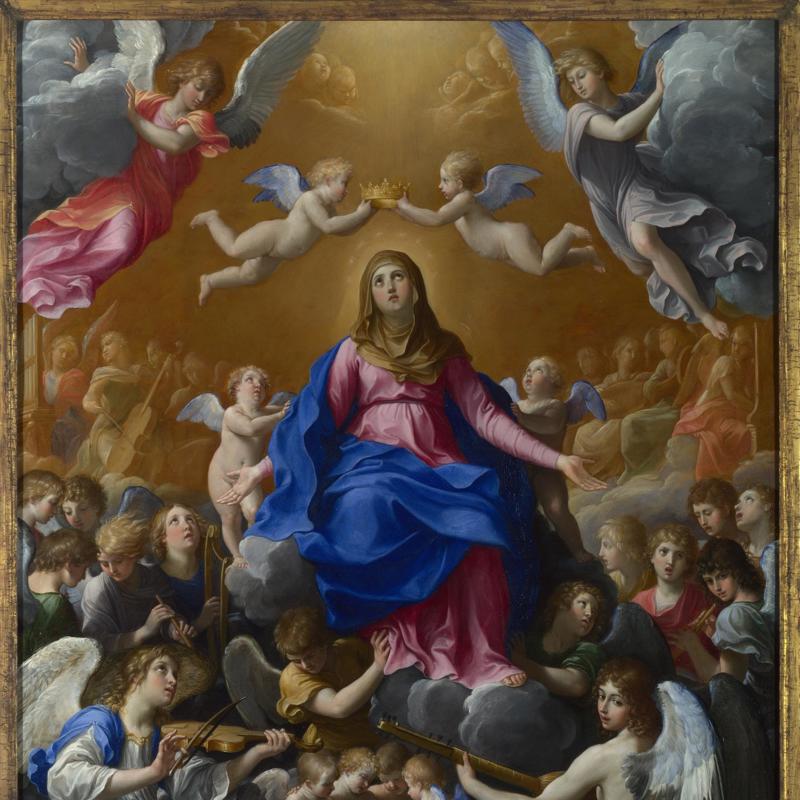 Room 26Intimate Baroque: European Painting 1600–1700
Room 26Intimate Baroque: European Painting 1600–1700 -
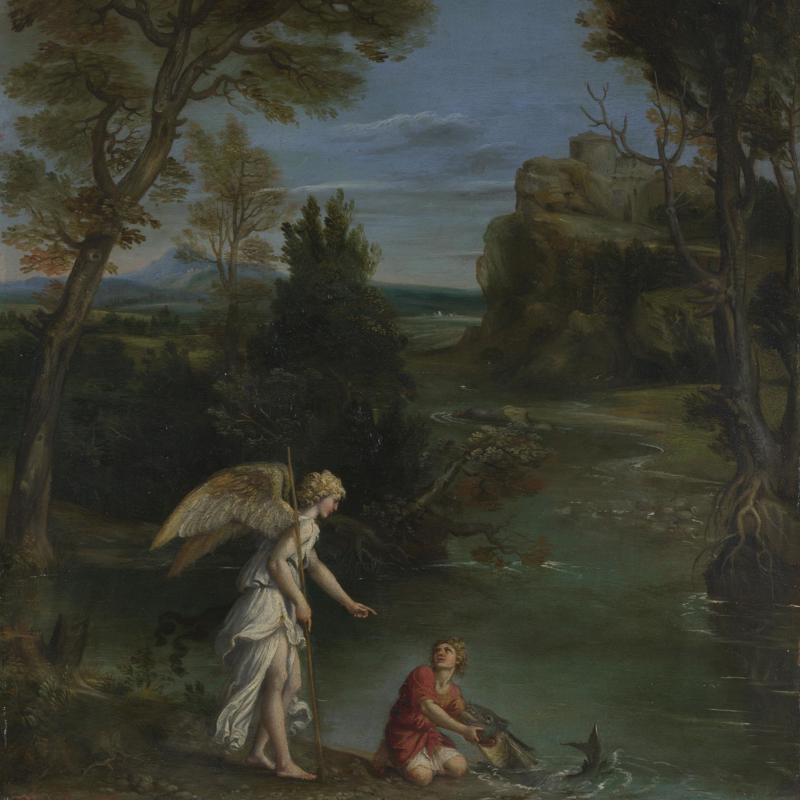 Room 27The Italianate Landscape: European Painting 1600–1700
Room 27The Italianate Landscape: European Painting 1600–1700 -
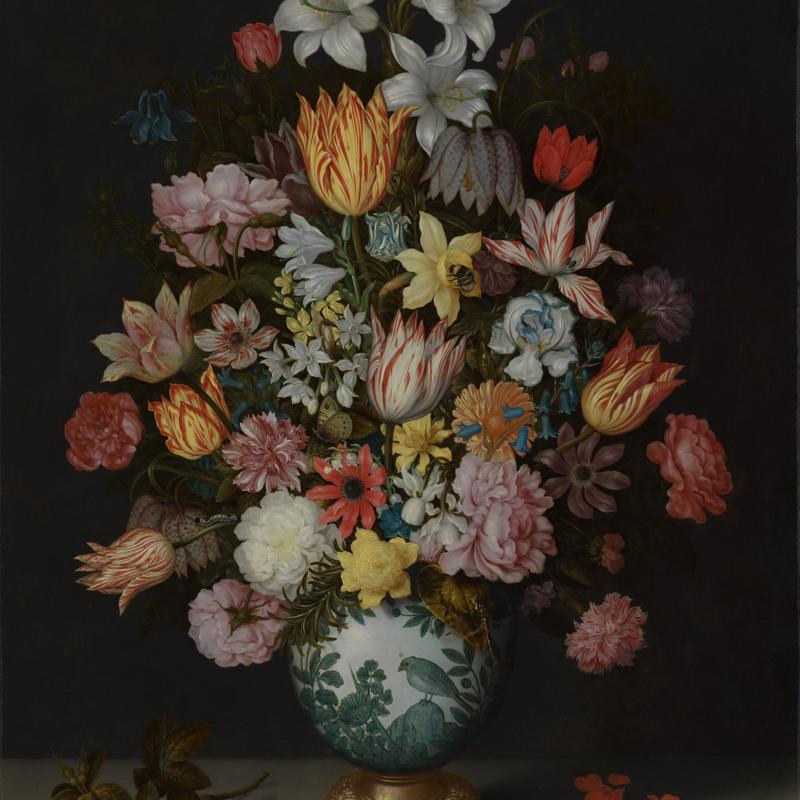 Room 28Flowers: Dutch and Flemish Painting 1600–1700
Room 28Flowers: Dutch and Flemish Painting 1600–1700 -
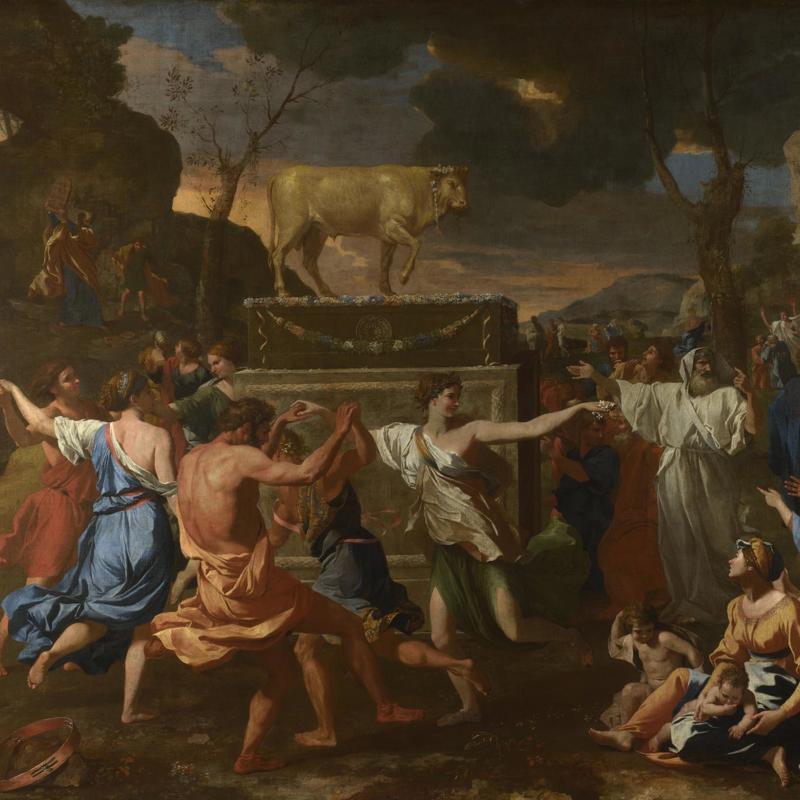 Room 29Making Paris a New Rome: French Painting 1600–1700
Room 29Making Paris a New Rome: French Painting 1600–1700 -
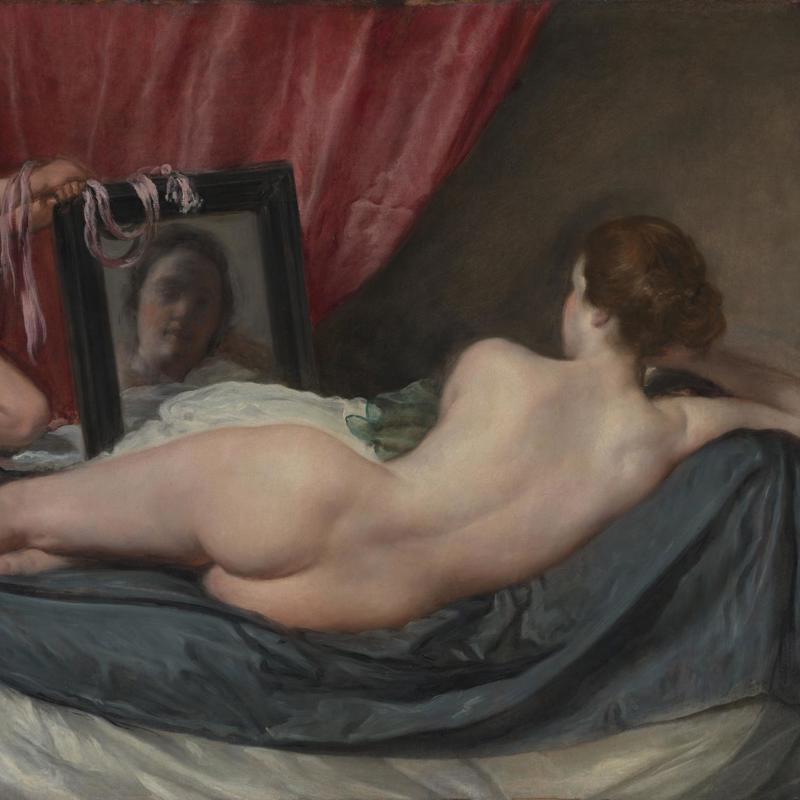 Room 30Power and Piety: Spanish Painting 1600–1700
Room 30Power and Piety: Spanish Painting 1600–1700 -
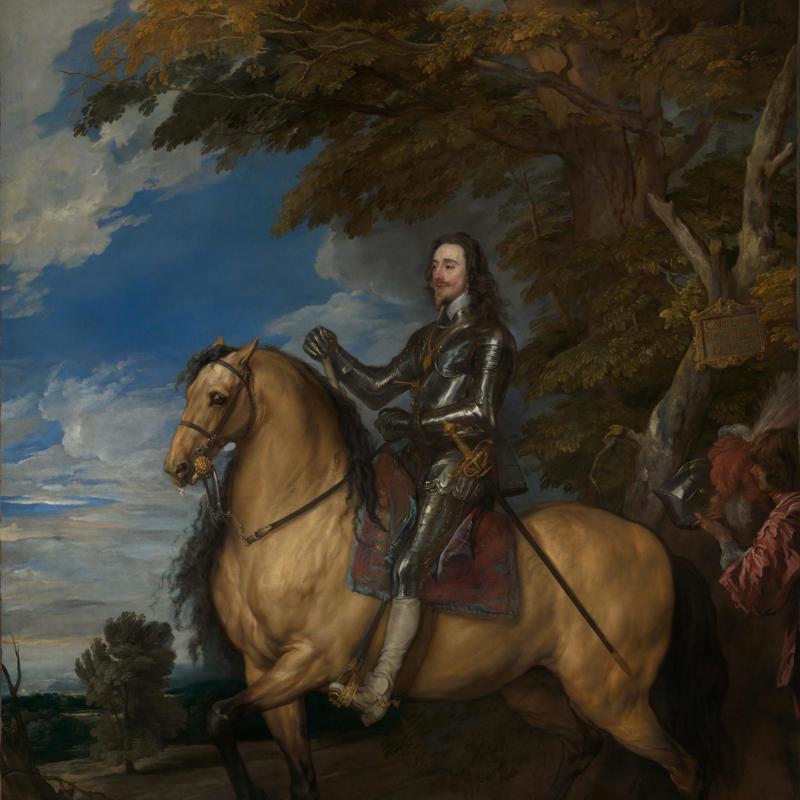 Room 31Charles I and Henrietta Maria: A Royal Collection 1625–1649
Room 31Charles I and Henrietta Maria: A Royal Collection 1625–1649 -
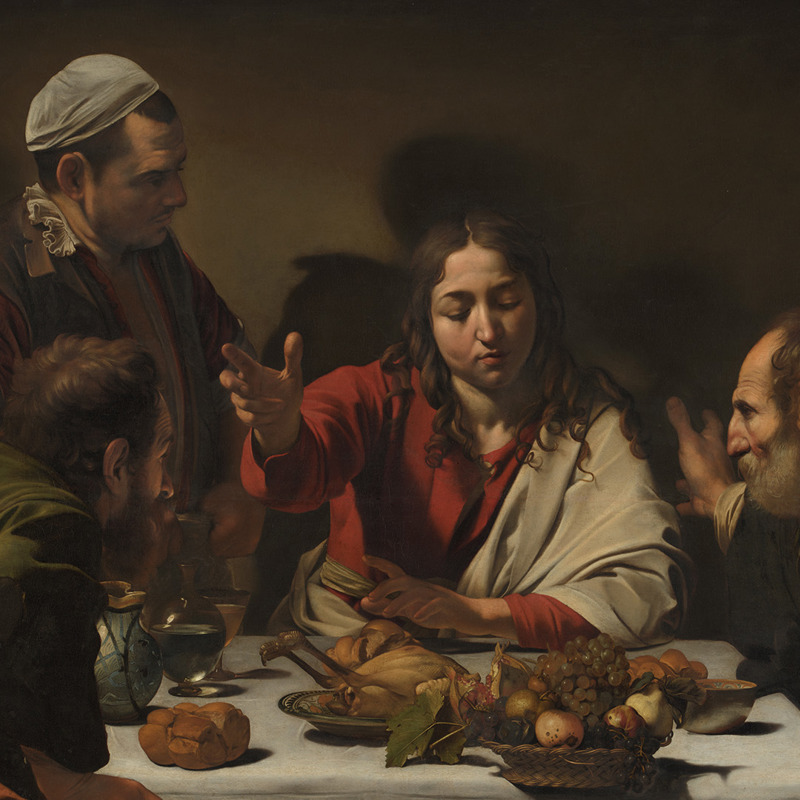 Room 32Baroque Splendour: Italian Painting 1600–1700
Room 32Baroque Splendour: Italian Painting 1600–1700 -
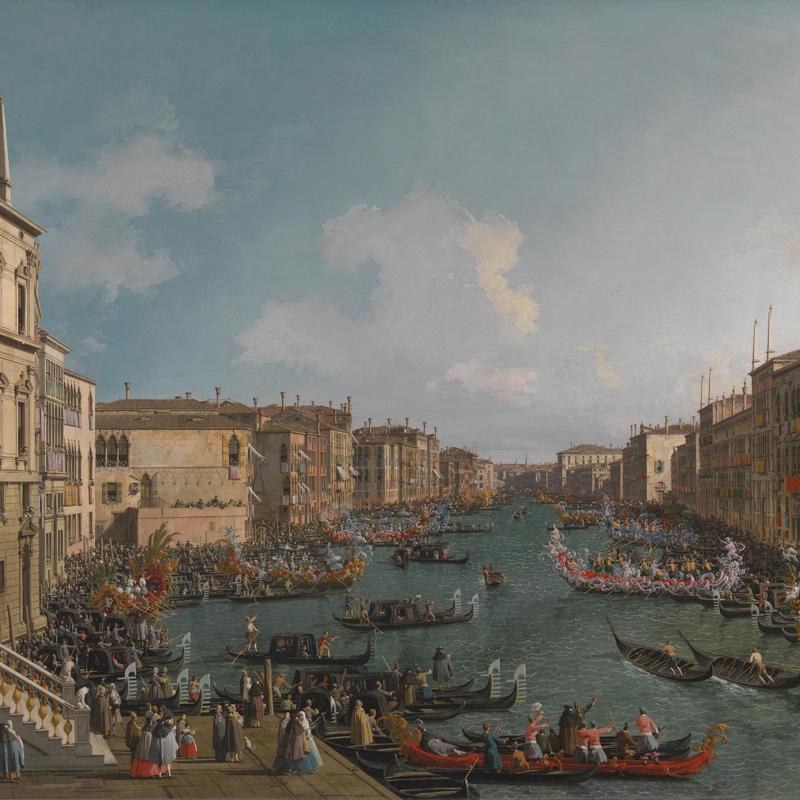 Room 33City of Pleasure: Painting in Venice 1700–1800
Room 33City of Pleasure: Painting in Venice 1700–1800 -
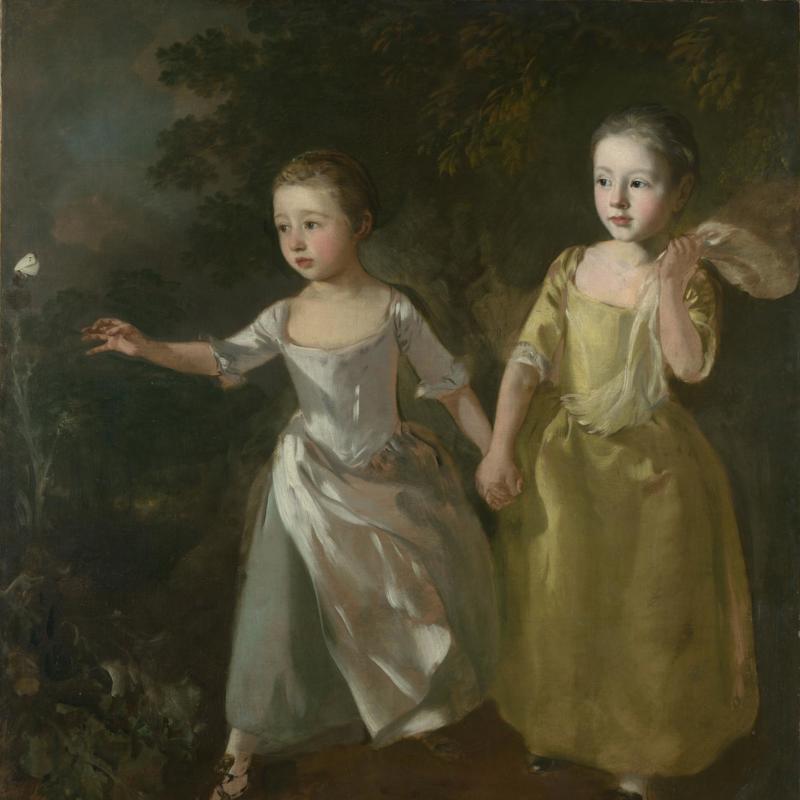 Room 34A Distinct Style: British Painting 1740–1800
Room 34A Distinct Style: British Painting 1740–1800 -
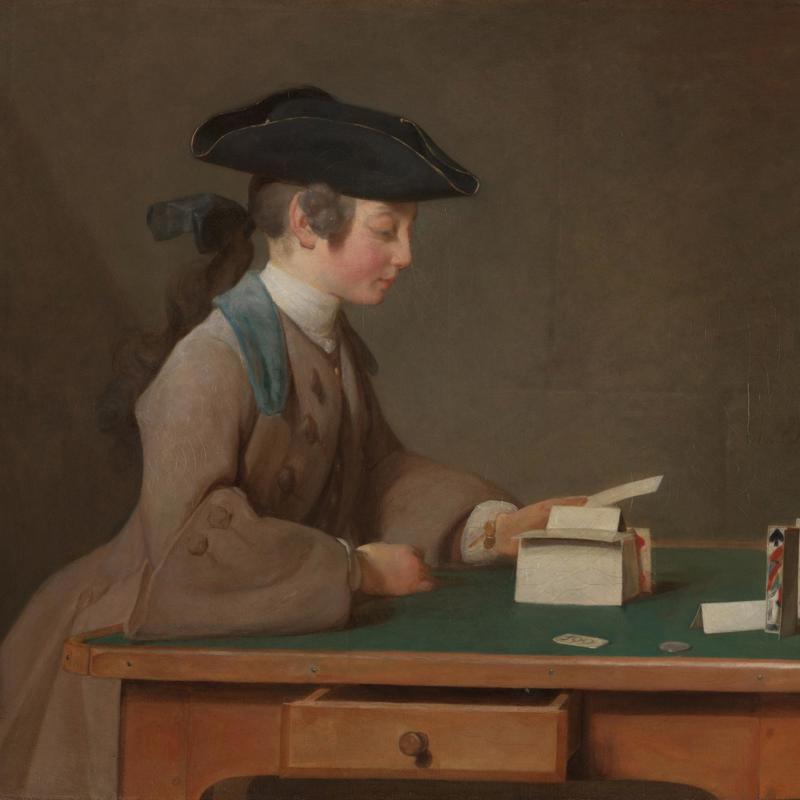 Room 35Rococo to Revolution: French Painting 1700–1800
Room 35Rococo to Revolution: French Painting 1700–1800 -
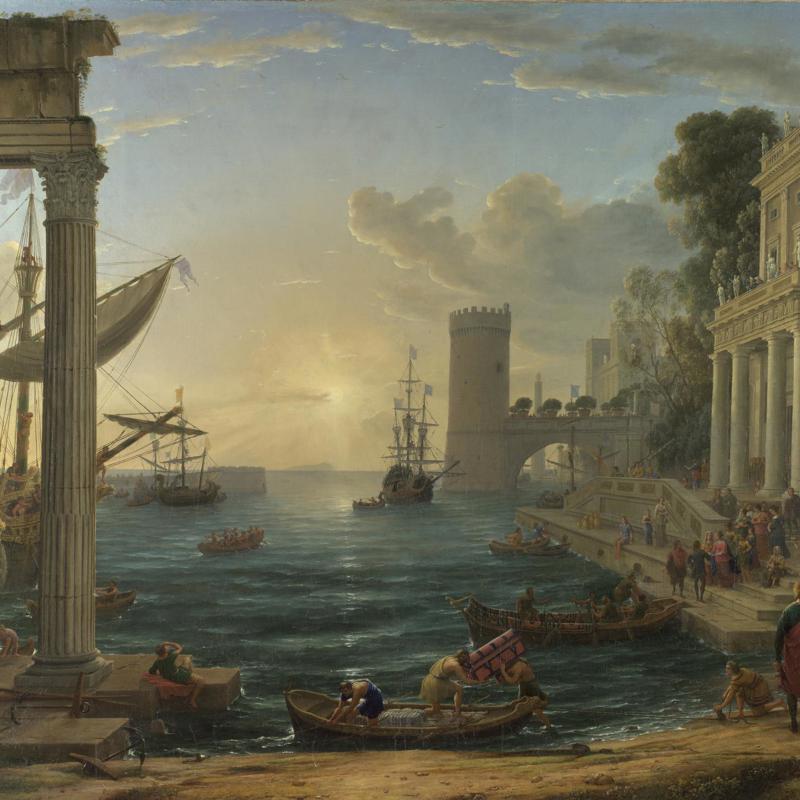 Room 36Claude and Turner
Room 36Claude and Turner -
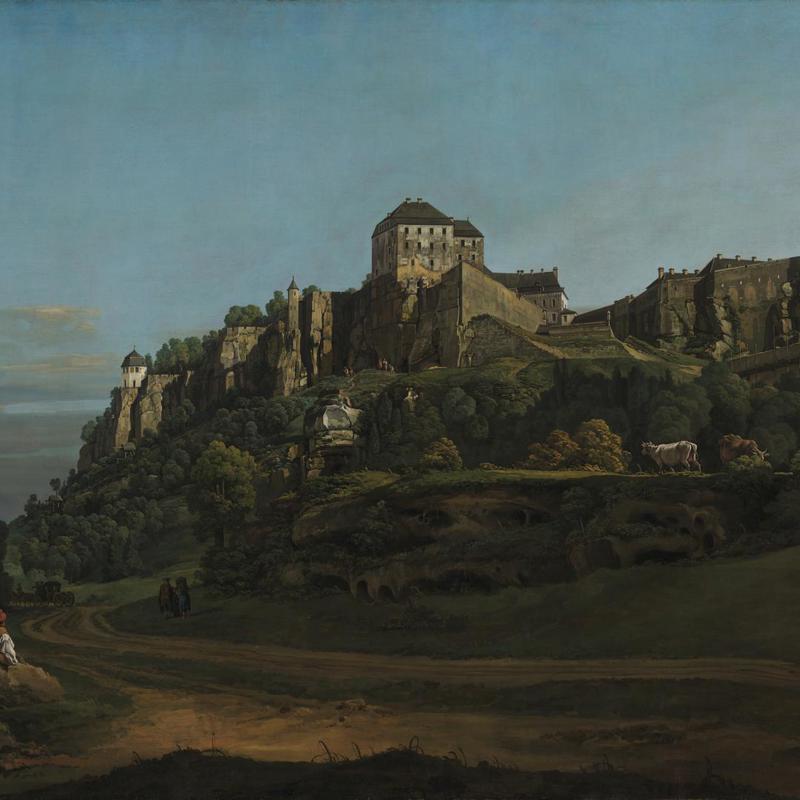 Room 37The International 18th Century
Room 37The International 18th Century -
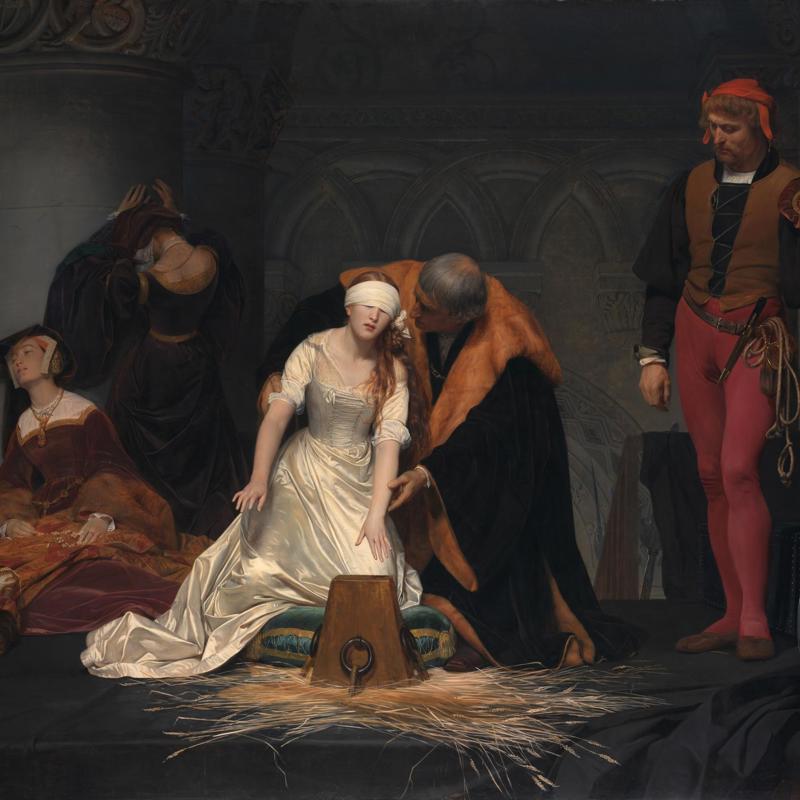 Room 38The Academy: European Painting 1800–1850
Room 38The Academy: European Painting 1800–1850 -
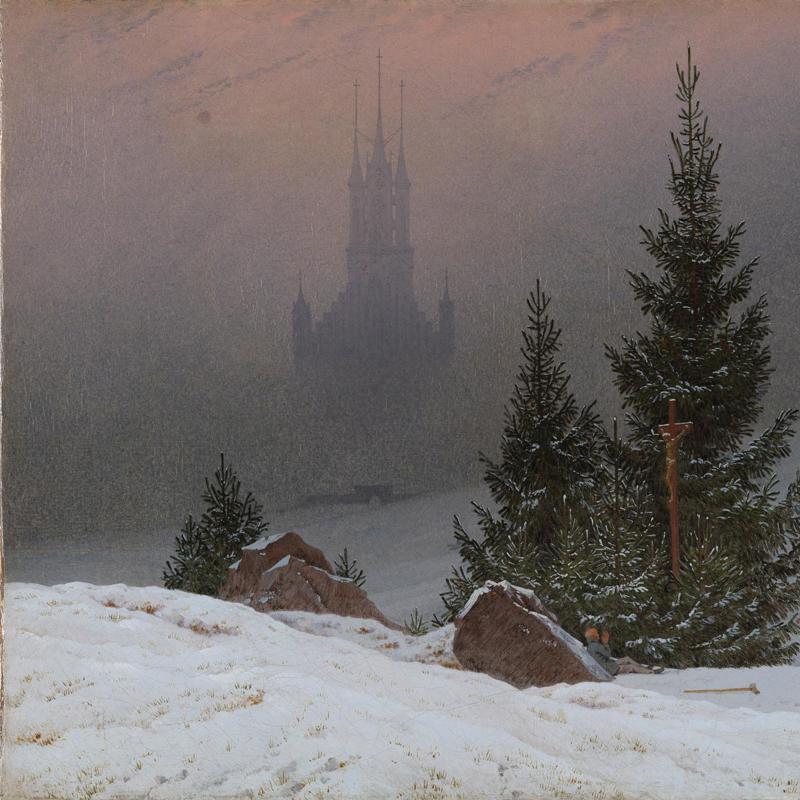 Room 39Capturing the Landscape: European Painting 1650–1850
Room 39Capturing the Landscape: European Painting 1650–1850 -
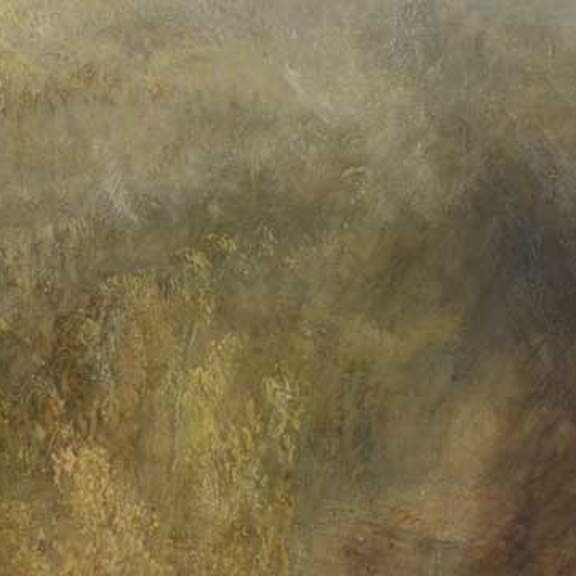 Room 40Turner, Constable and Corot: British and French Landscape Painting 1800–1860
Room 40Turner, Constable and Corot: British and French Landscape Painting 1800–1860 -
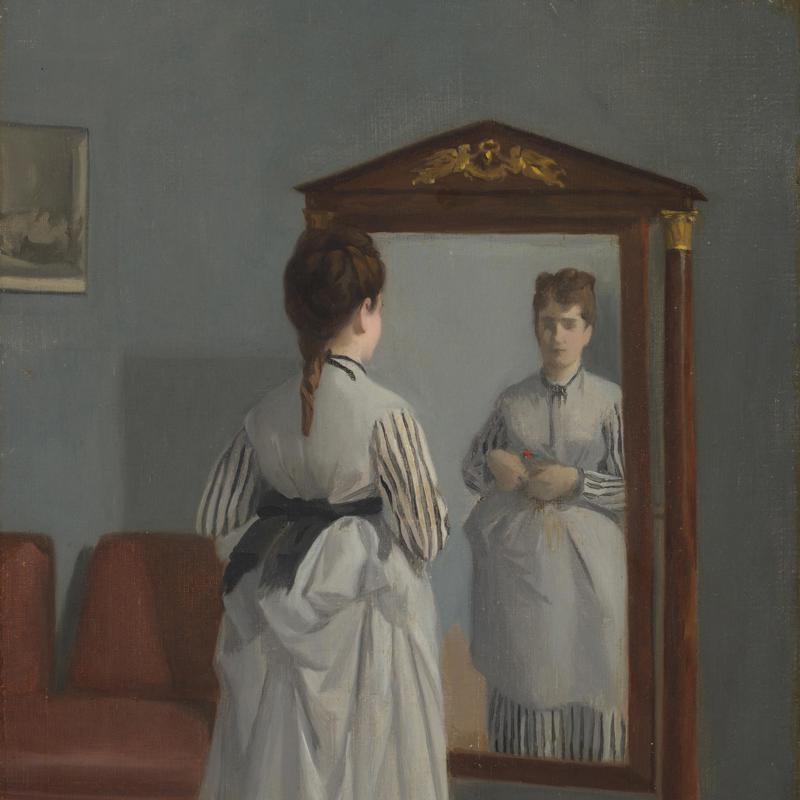 Room 41Early Impressionism: French Painting 1860–1880
Room 41Early Impressionism: French Painting 1860–1880 -
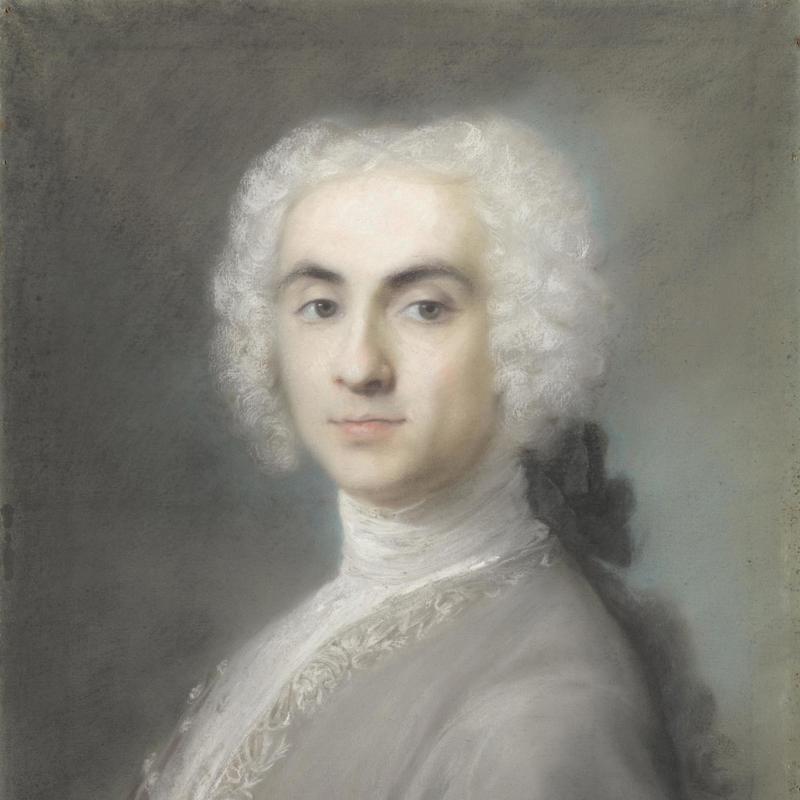 Room 42Pastels
Room 42Pastels -
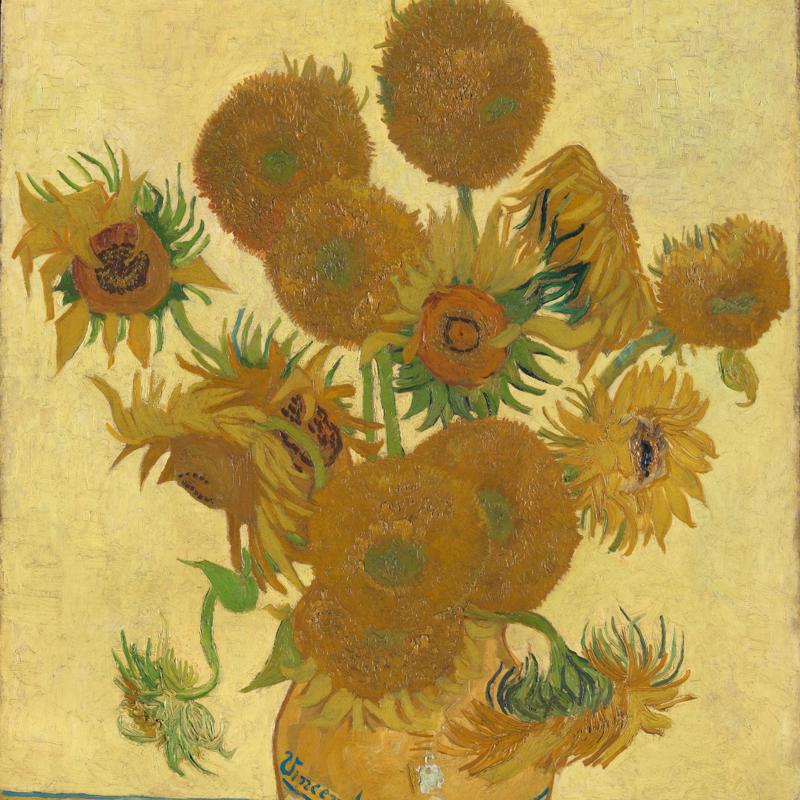 Room 43Van Gogh, Gauguin and Post-Impressionism: French Painting 1880–1905
Room 43Van Gogh, Gauguin and Post-Impressionism: French Painting 1880–1905 -
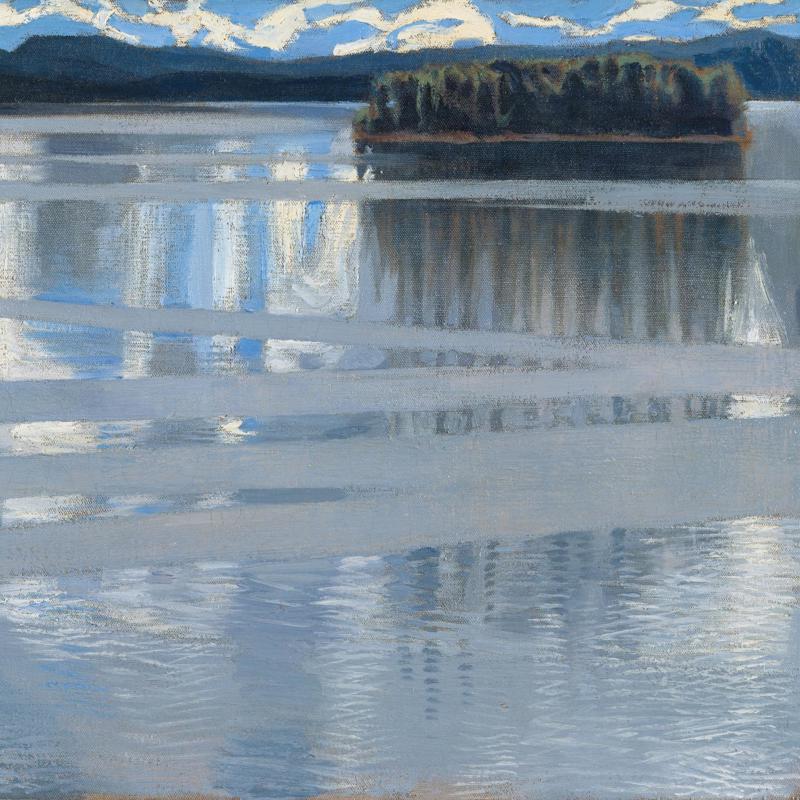 Room 44Post-Impressionism: French Painting 1850–1900
Room 44Post-Impressionism: French Painting 1850–1900 -
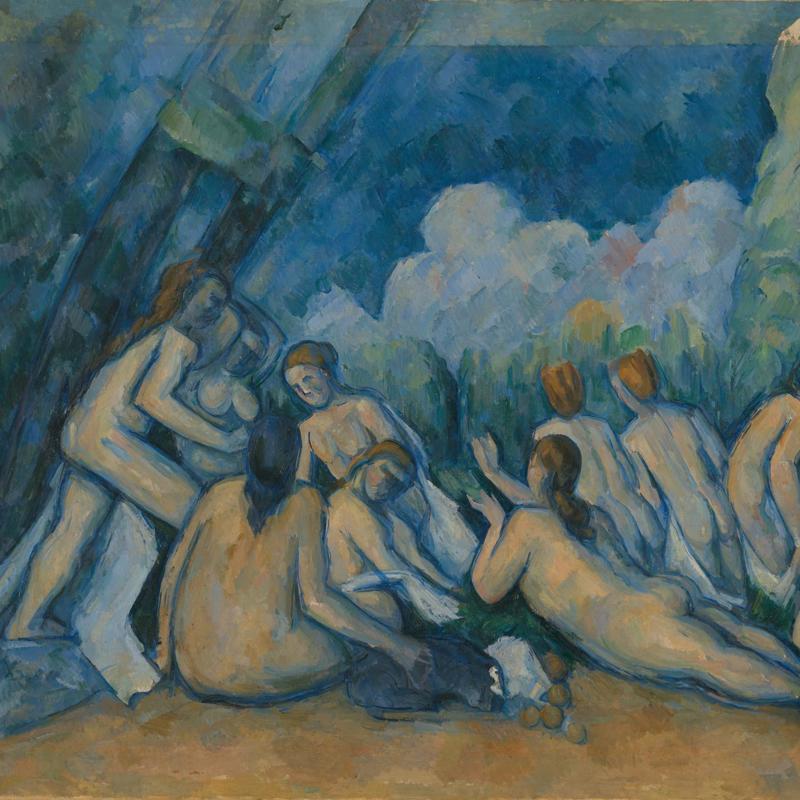 Room 45New Energies: Painting around 1900
Room 45New Energies: Painting around 1900 -
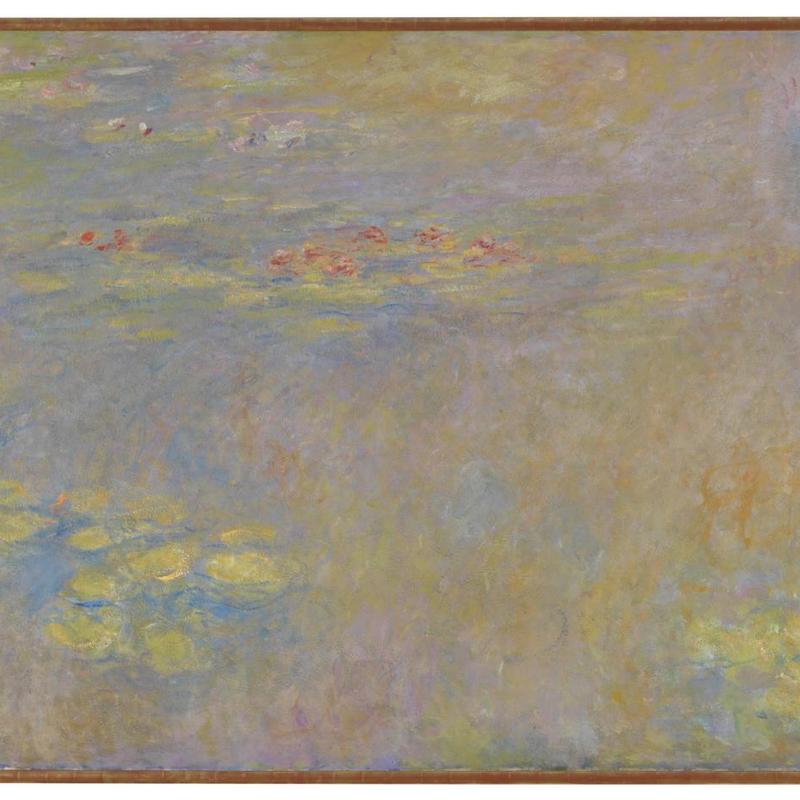 Room 46Claude Monet (1840–1926)
Room 46Claude Monet (1840–1926) -
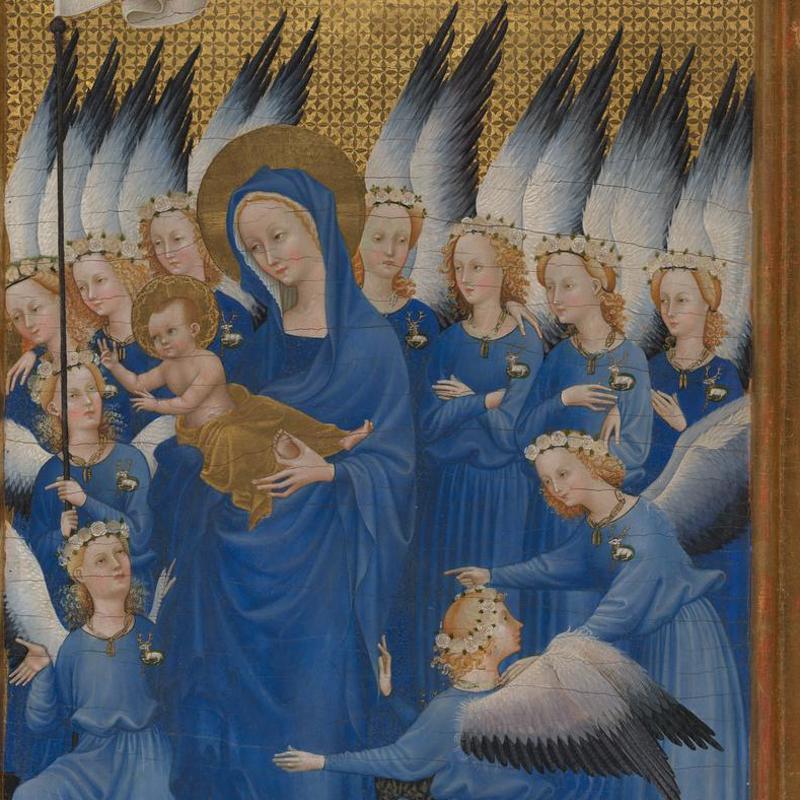 Room 51The Wonder of Art: What Painting Can Do
Room 51The Wonder of Art: What Painting Can Do -
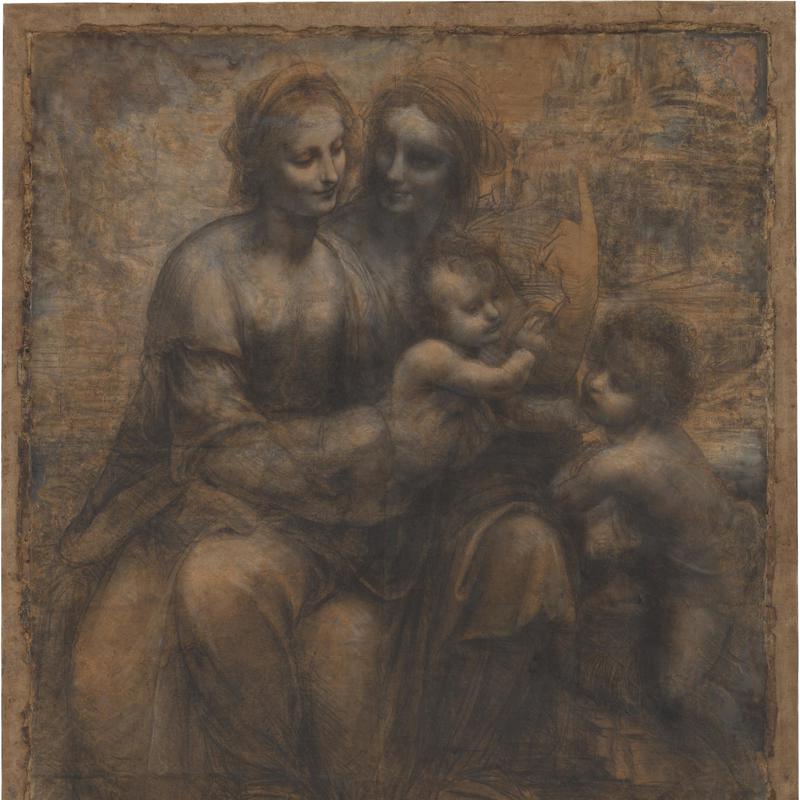 Room 51aThe Burlington House Cartoon
Room 51aThe Burlington House Cartoon -
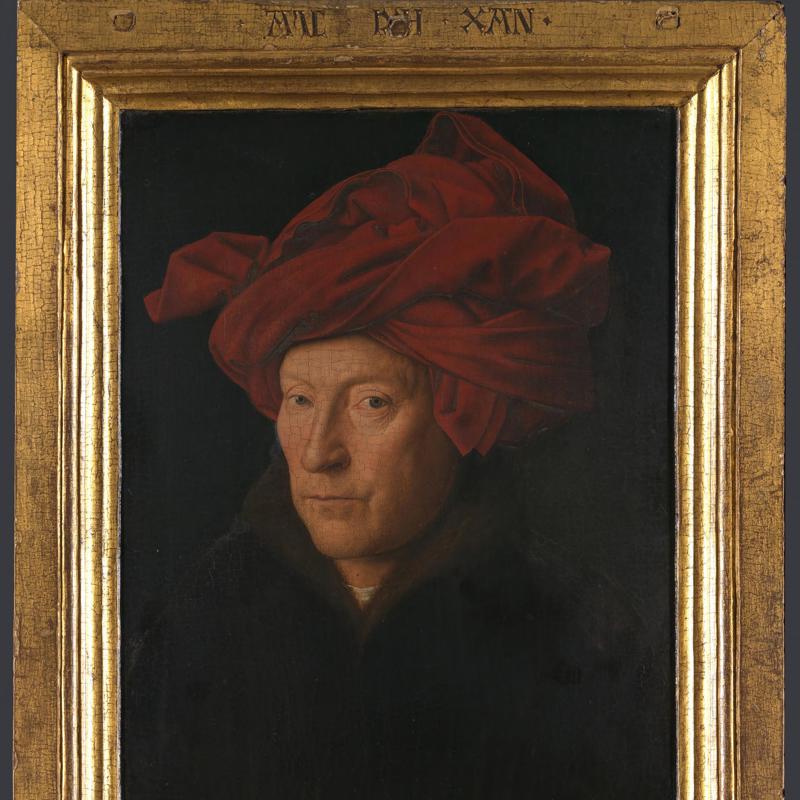 Room 52Creating Illusion: Netherlandish Painting 1420–1480
Room 52Creating Illusion: Netherlandish Painting 1420–1480 -
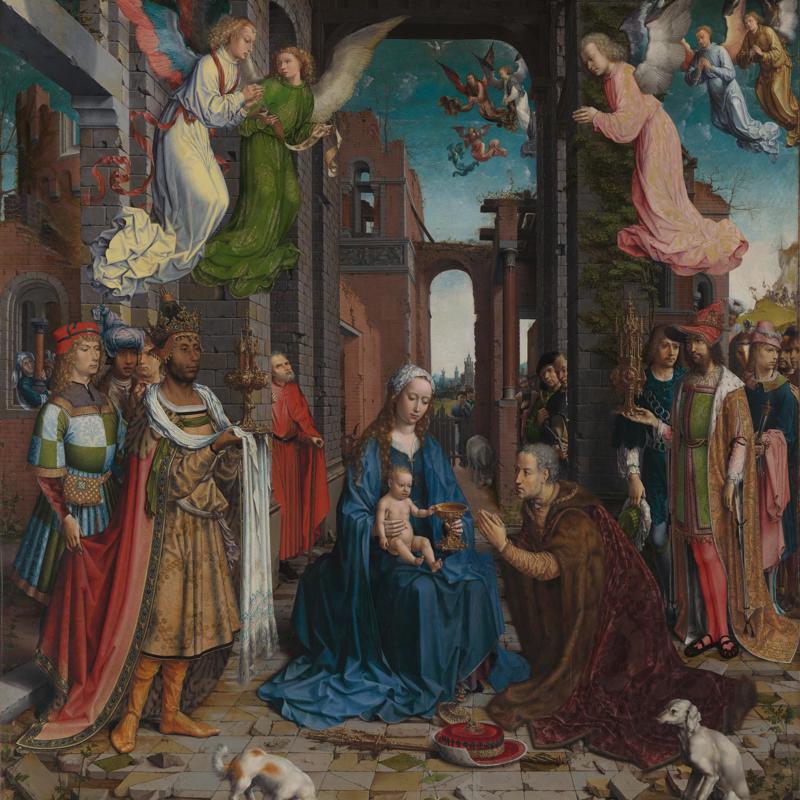 Room 53Divine Encounters: Netherlandish Painting 1480–1520
Room 53Divine Encounters: Netherlandish Painting 1480–1520 -
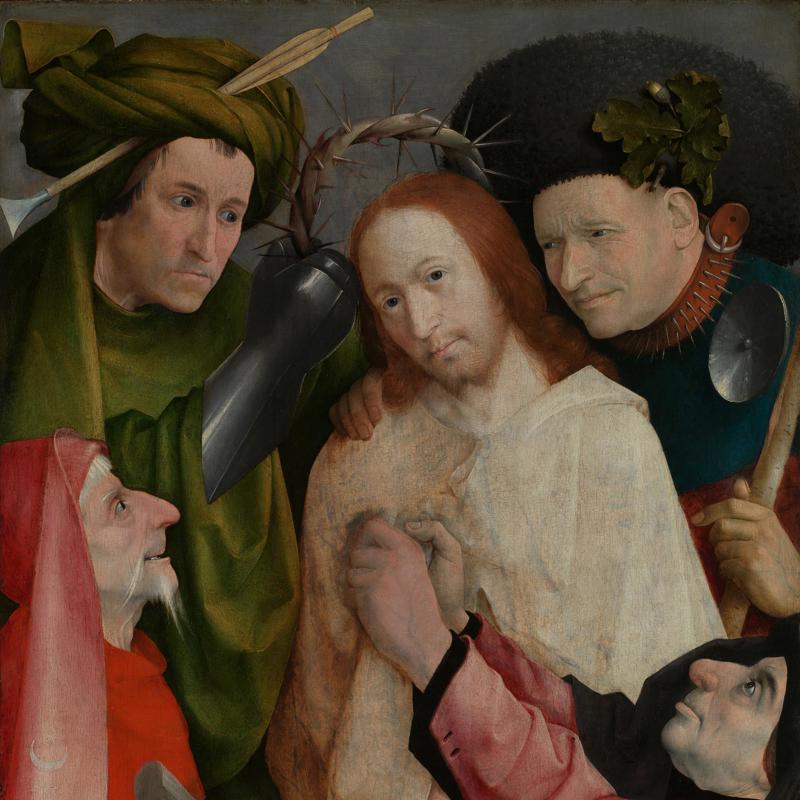 Room 54Northern European Painting
Room 54Northern European Painting -
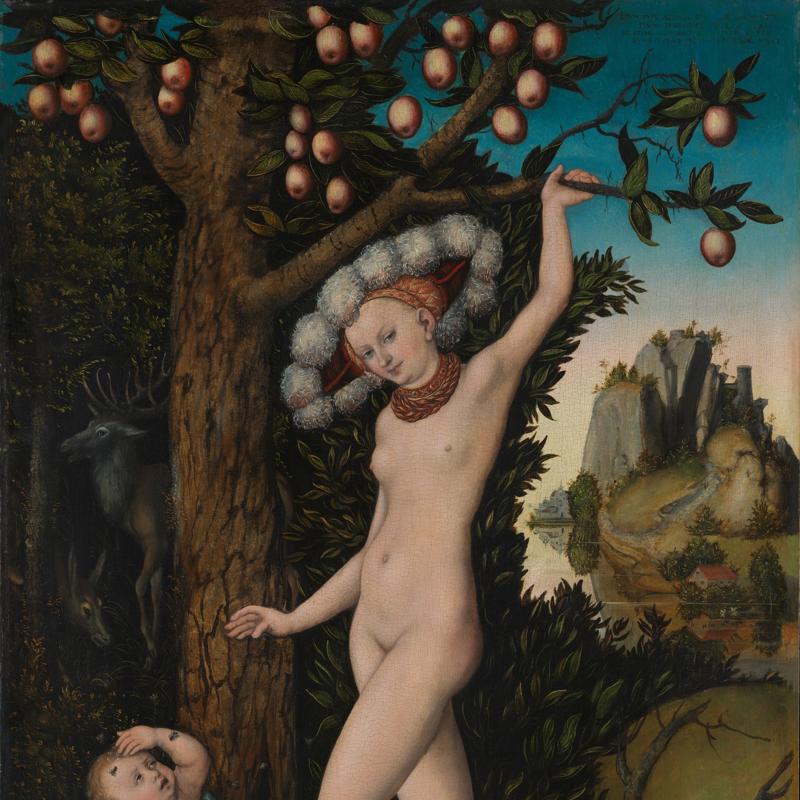 Room 55Lines of Expression: German Painting 1400–1520
Room 55Lines of Expression: German Painting 1400–1520 -
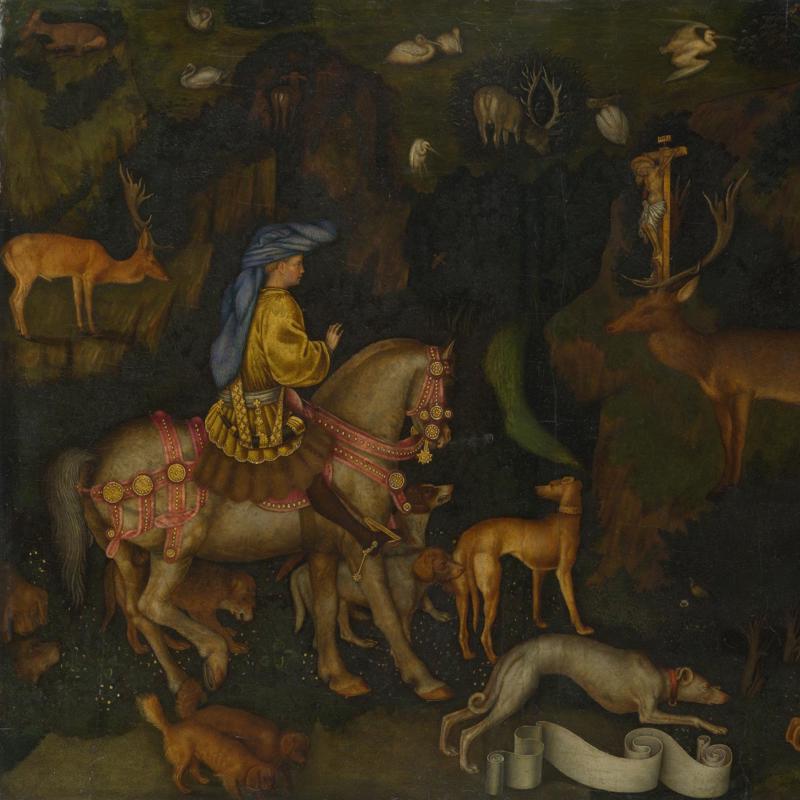 Room 56Looking at Nature: European Painting 1430–1540
Room 56Looking at Nature: European Painting 1430–1540 -
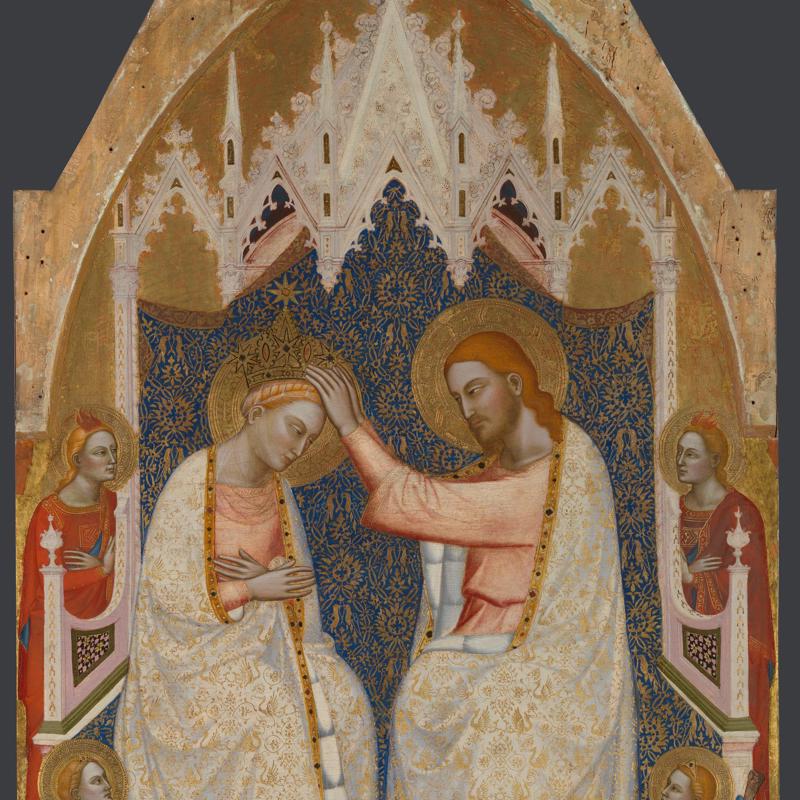 Room 57Wonders of Design: Altarpieces in Florence 1400–1450
Room 57Wonders of Design: Altarpieces in Florence 1400–1450 -
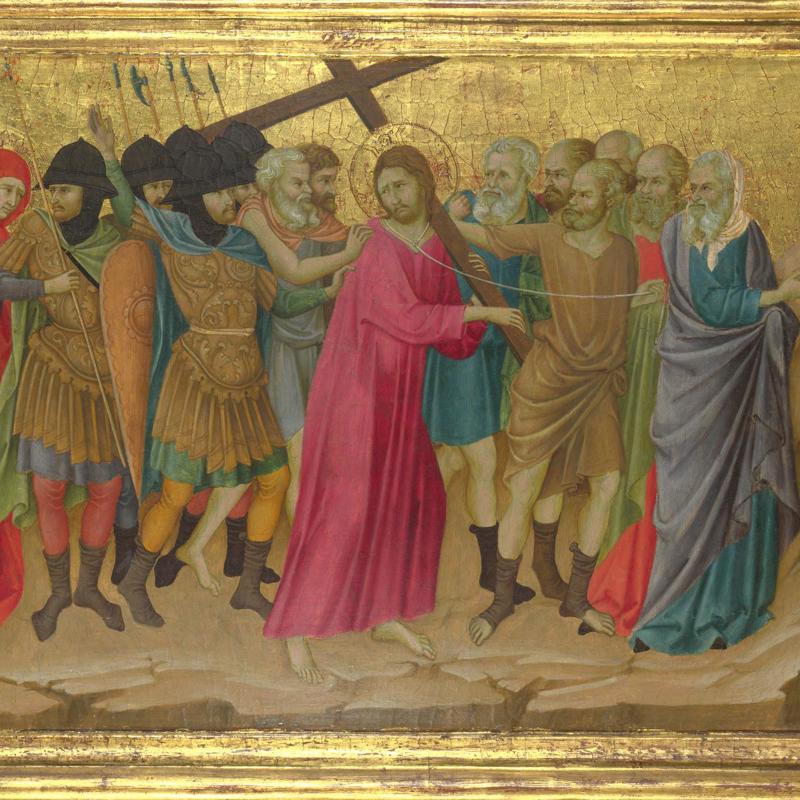 Room 58Lyrical Narrative: Painting in Siena 1300–1500
Room 58Lyrical Narrative: Painting in Siena 1300–1500 -
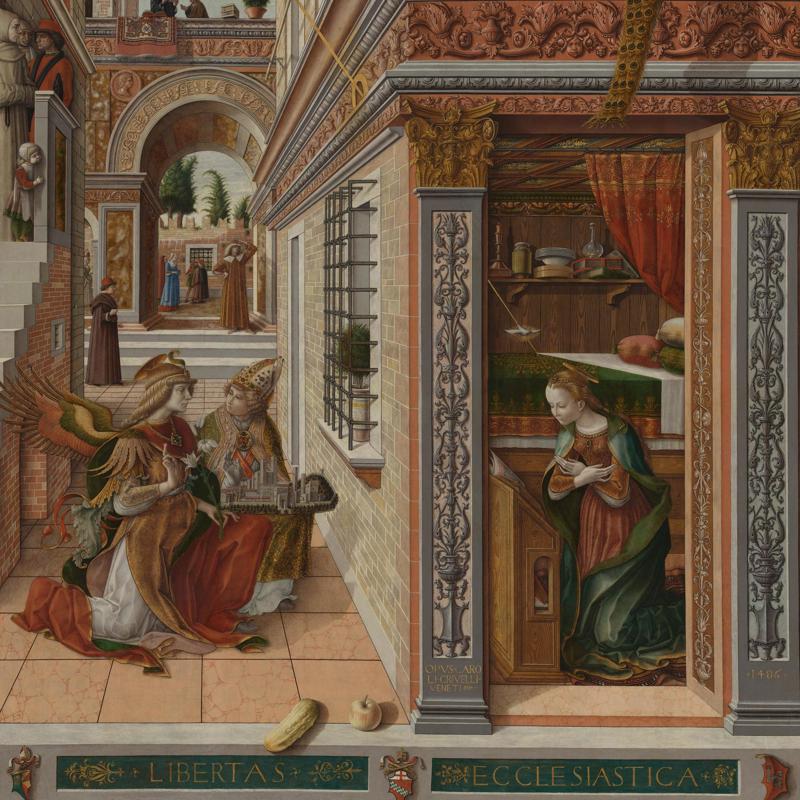 Room 59Architecture and Illusion: Painting in Ferrara, Lombardy and the Veneto 1450–1500
Room 59Architecture and Illusion: Painting in Ferrara, Lombardy and the Veneto 1450–1500 -
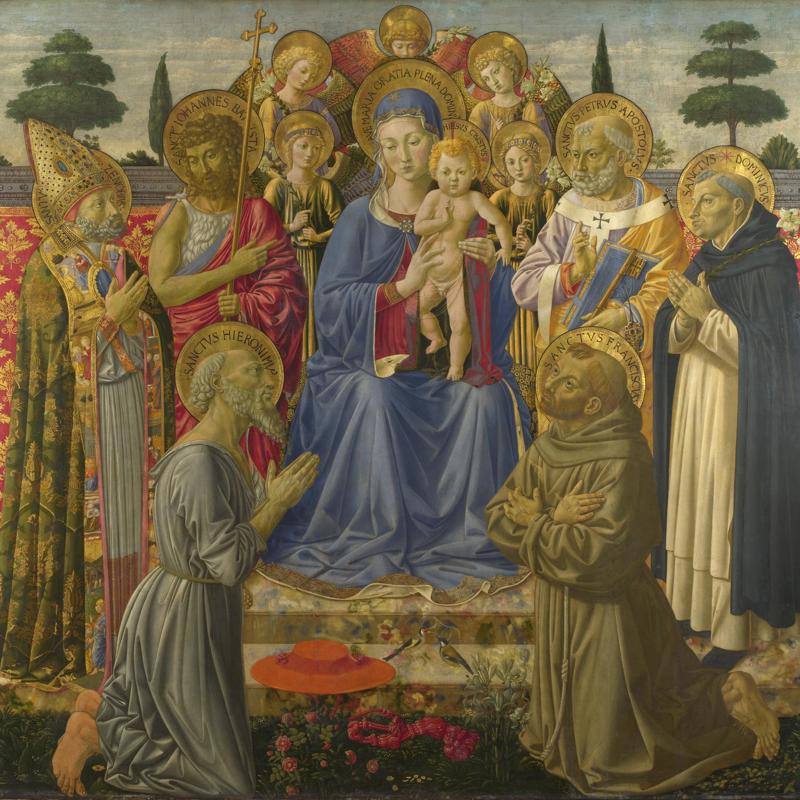 Room 60Ambition and Innovation: Painting in Florence 1450–1500
Room 60Ambition and Innovation: Painting in Florence 1450–1500 -
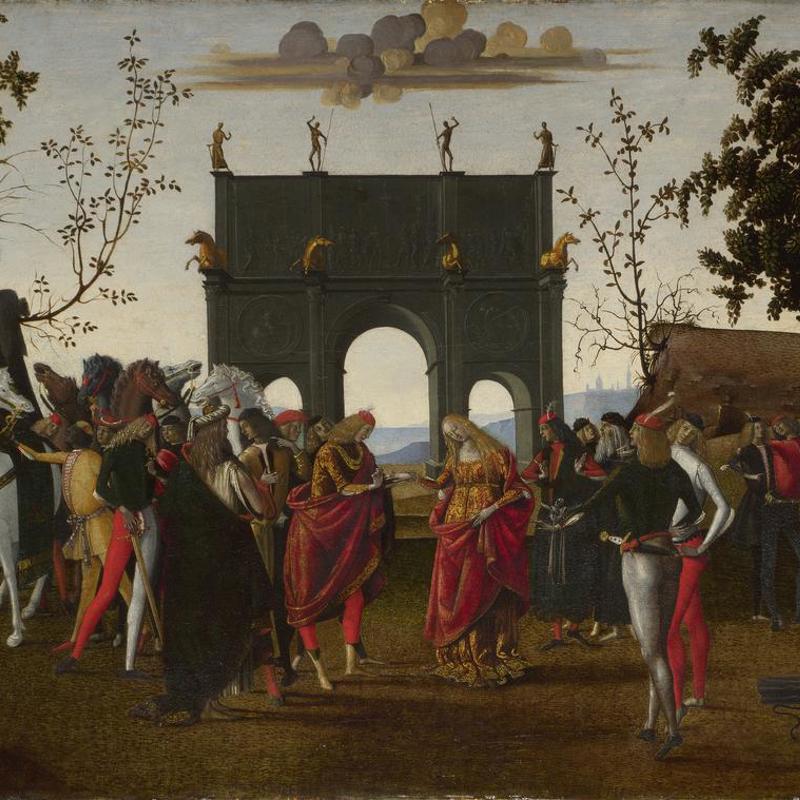 Room 61Shaping the Renaissance Ideal: Raphael in Central Italy 1450–1500
Room 61Shaping the Renaissance Ideal: Raphael in Central Italy 1450–1500 -
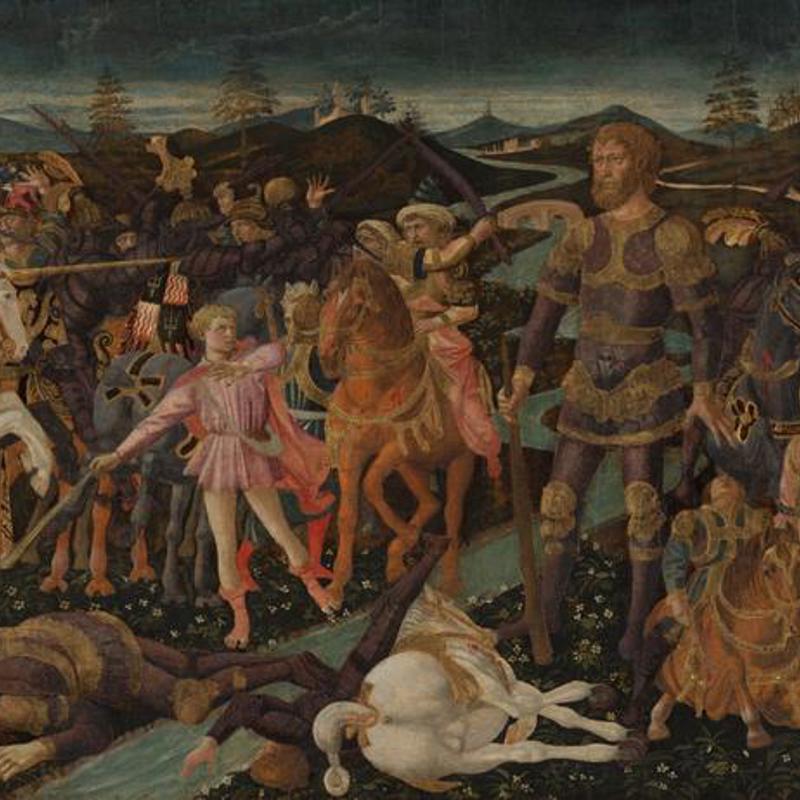 Room 62The Family Palace: Painting in Florence 1400‒1500
Room 62The Family Palace: Painting in Florence 1400‒1500 -
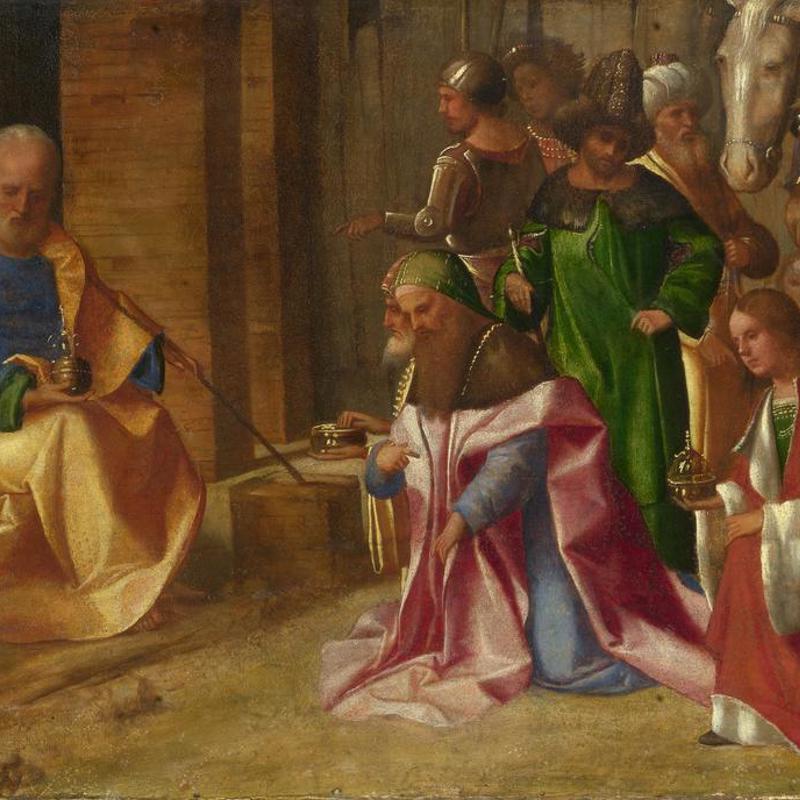 Room 63La Serenissima: Painting in Venice 1450–1500
Room 63La Serenissima: Painting in Venice 1450–1500 -
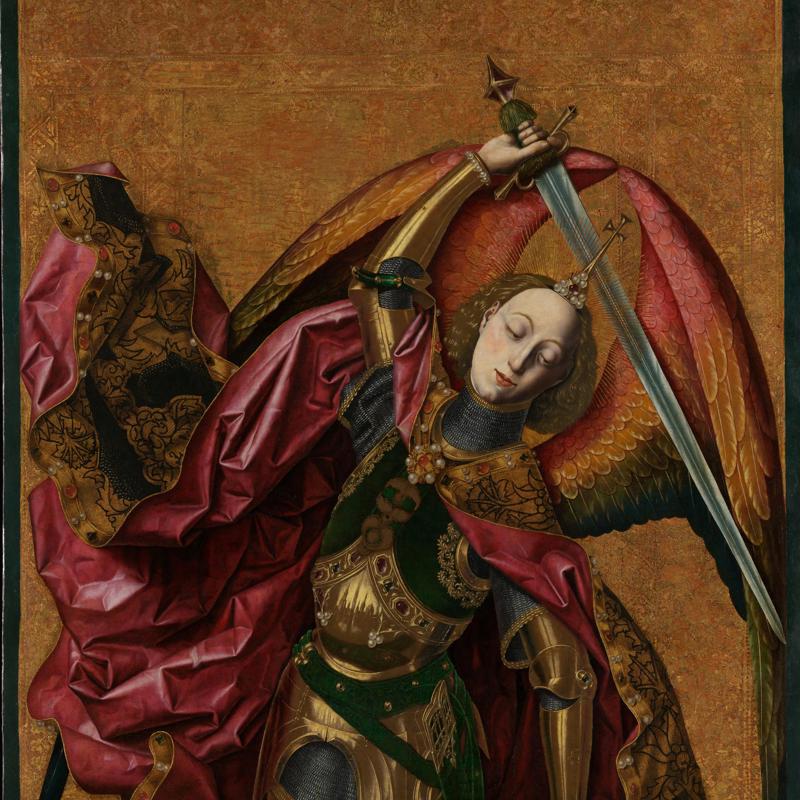 Room 64Gold: European Painting 1260–1550
Room 64Gold: European Painting 1260–1550 -
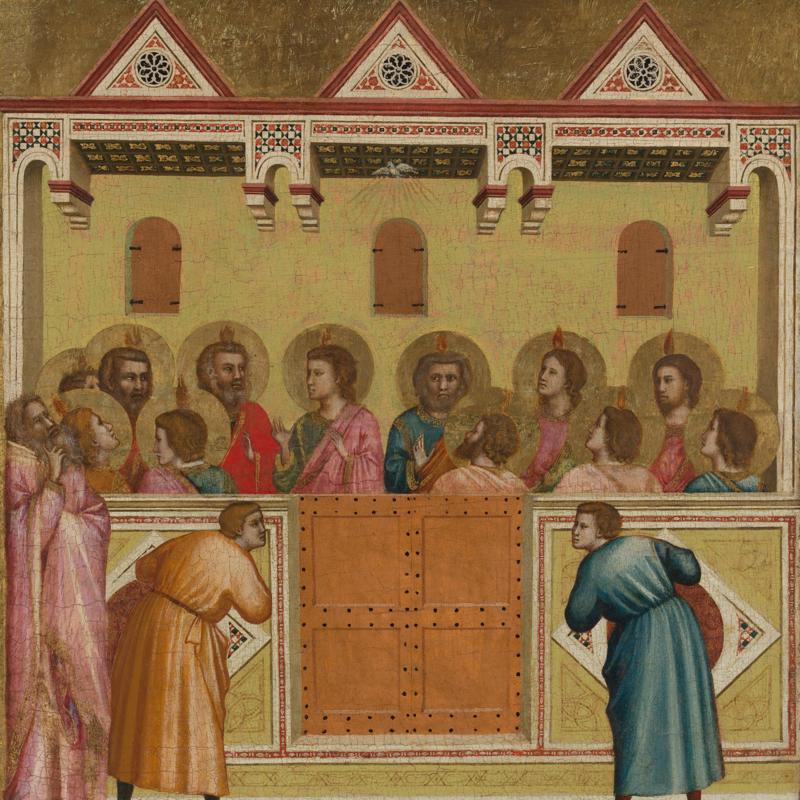 Room 65Piety and Passion: Italian Painting 1260–1350
Room 65Piety and Passion: Italian Painting 1260–1350 -
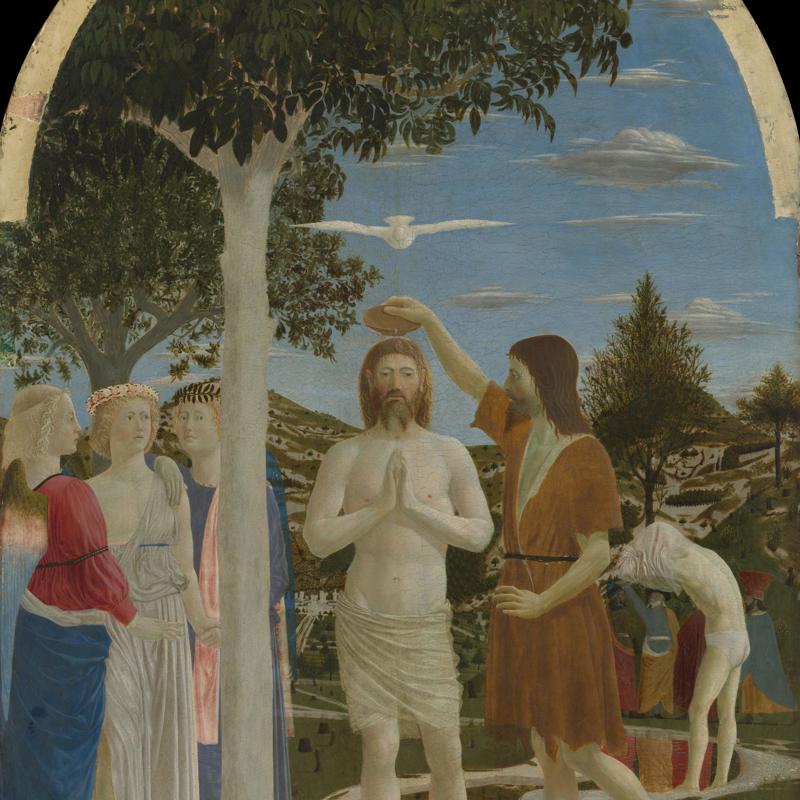 Room 66Piero della Francesca (1415/20–1492)
Room 66Piero della Francesca (1415/20–1492) -
 Sunley RoomWright of Derby: From the Shadows
Sunley RoomWright of Derby: From the Shadows -
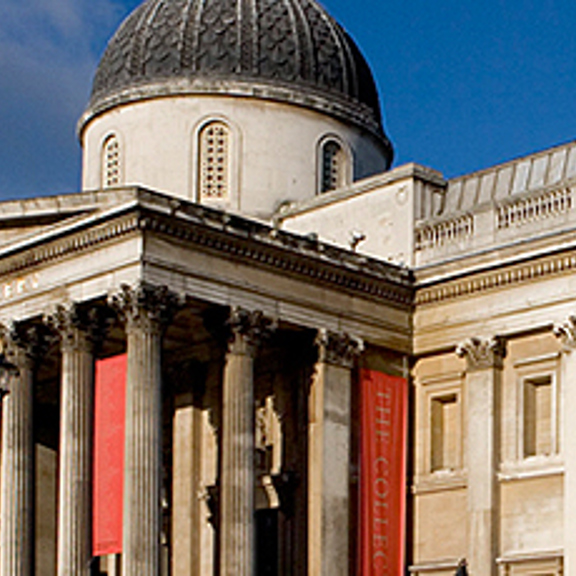 Portico Entrance
Portico Entrance
